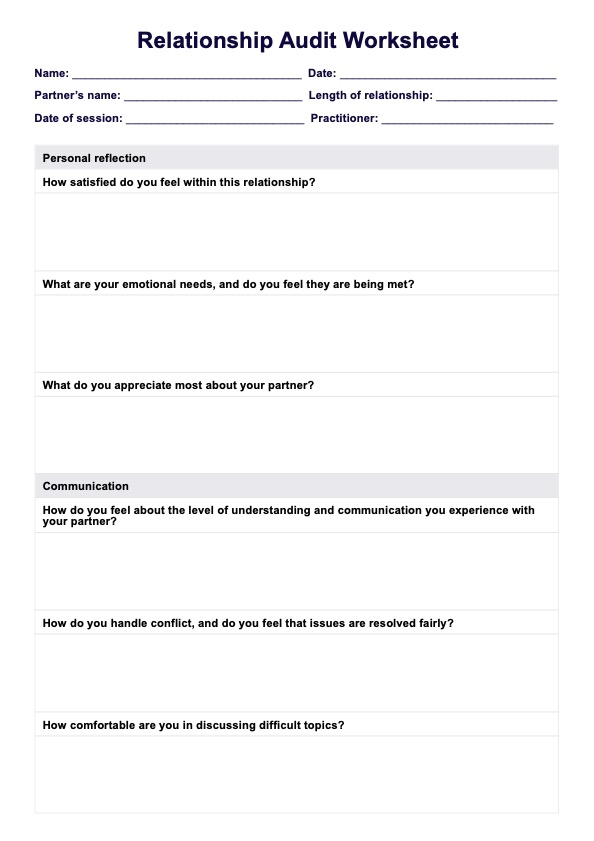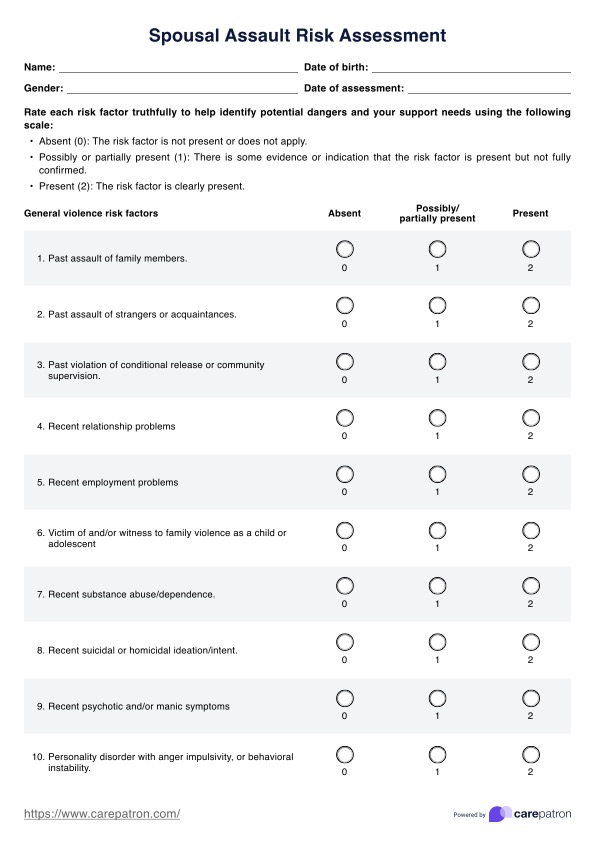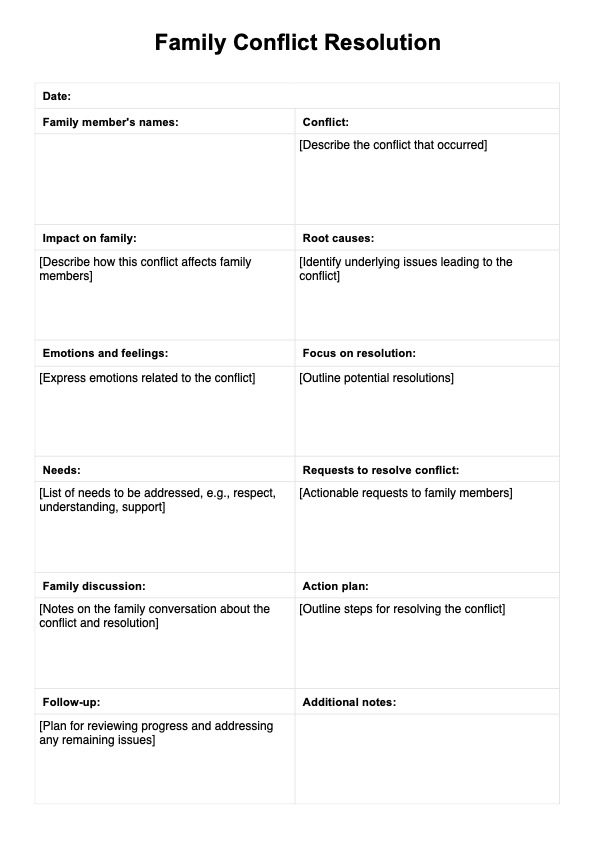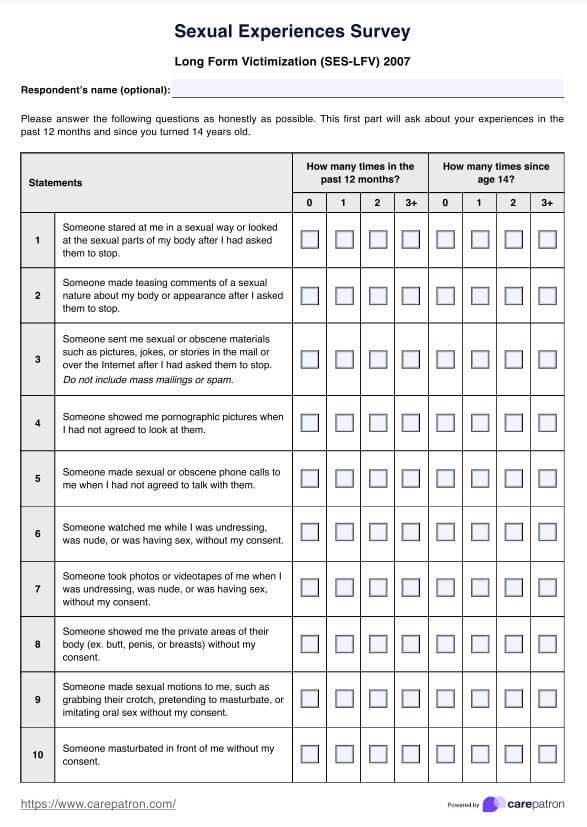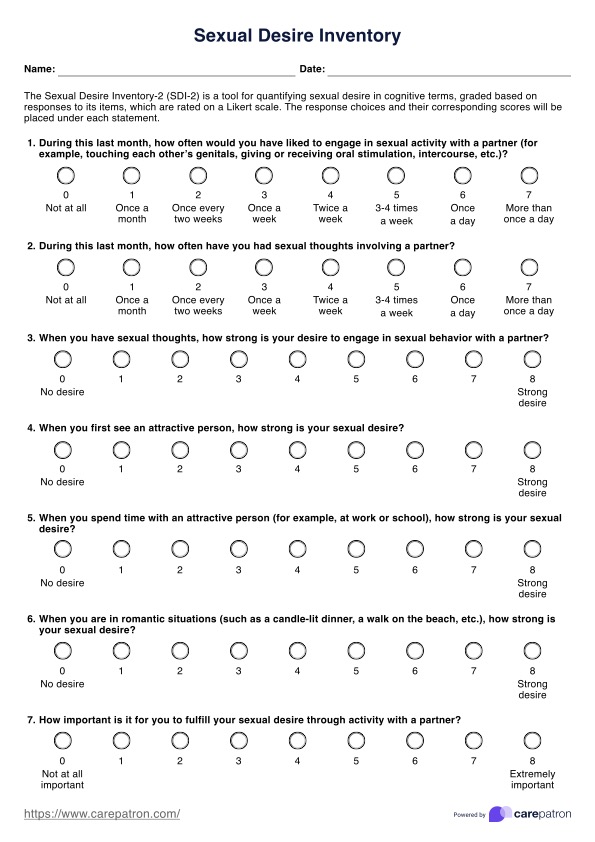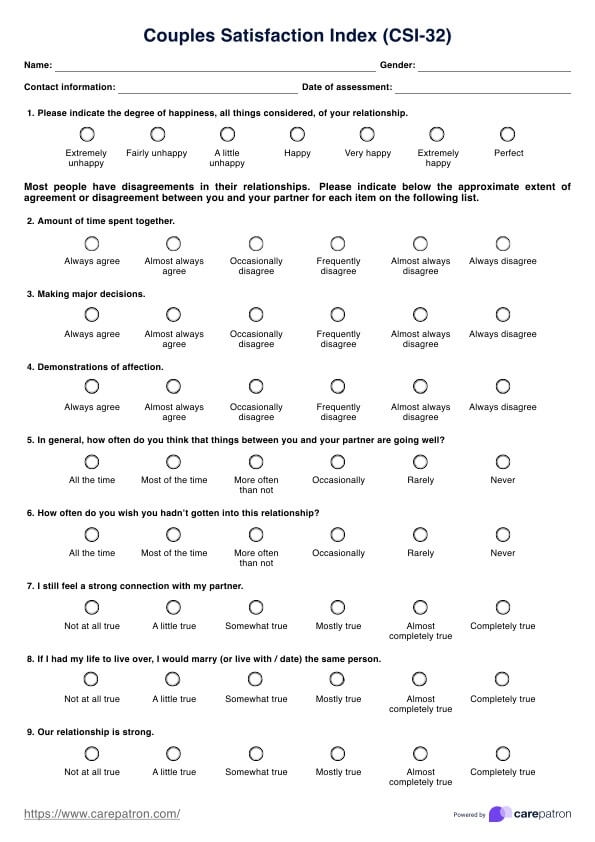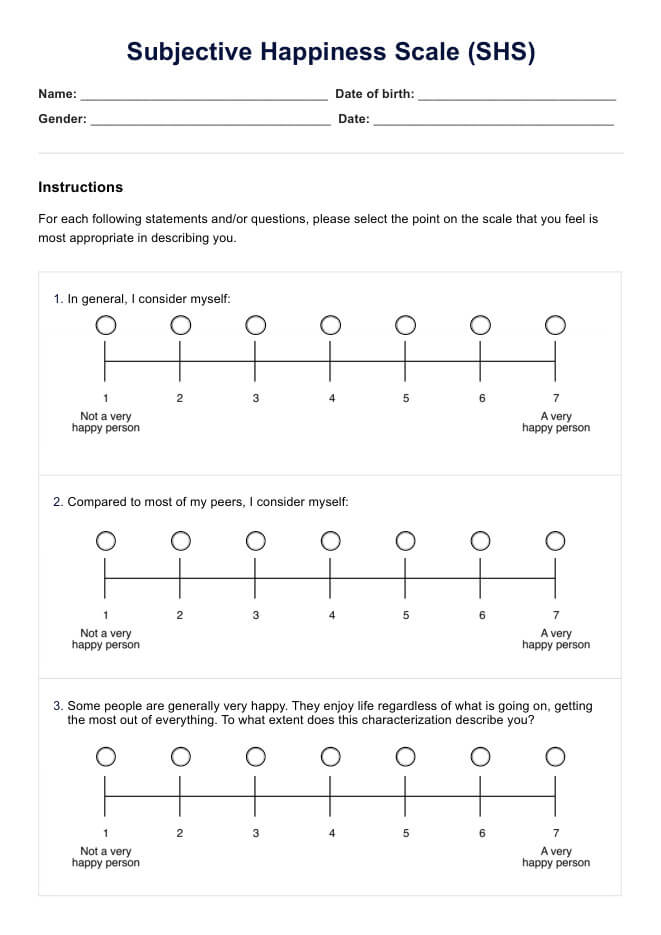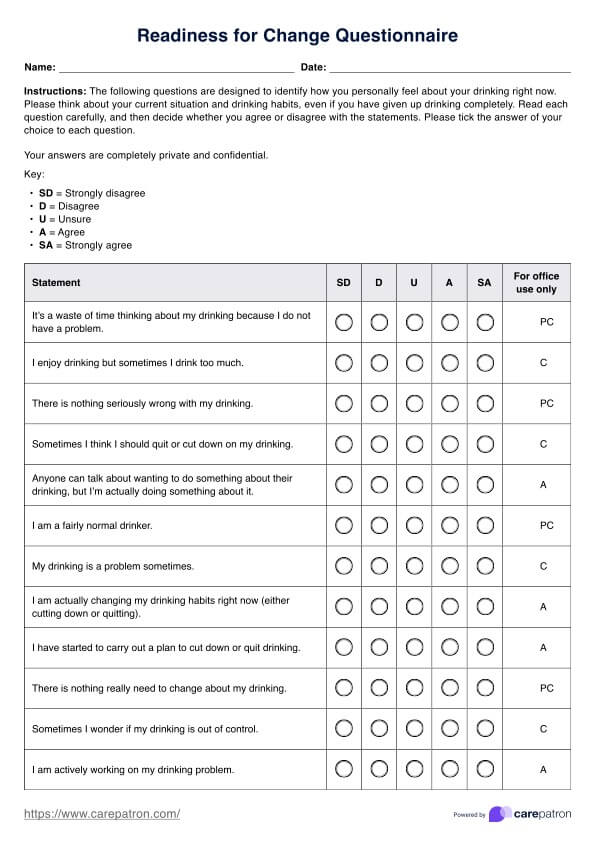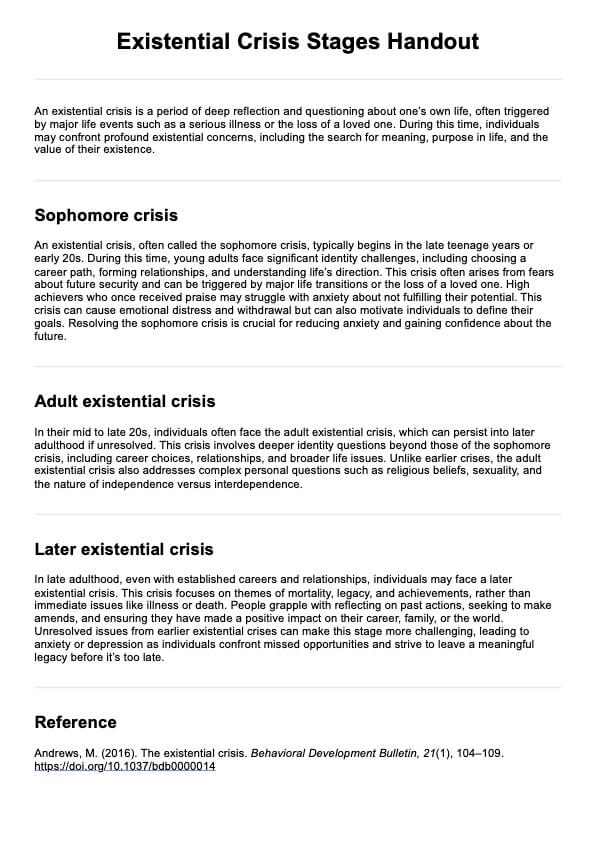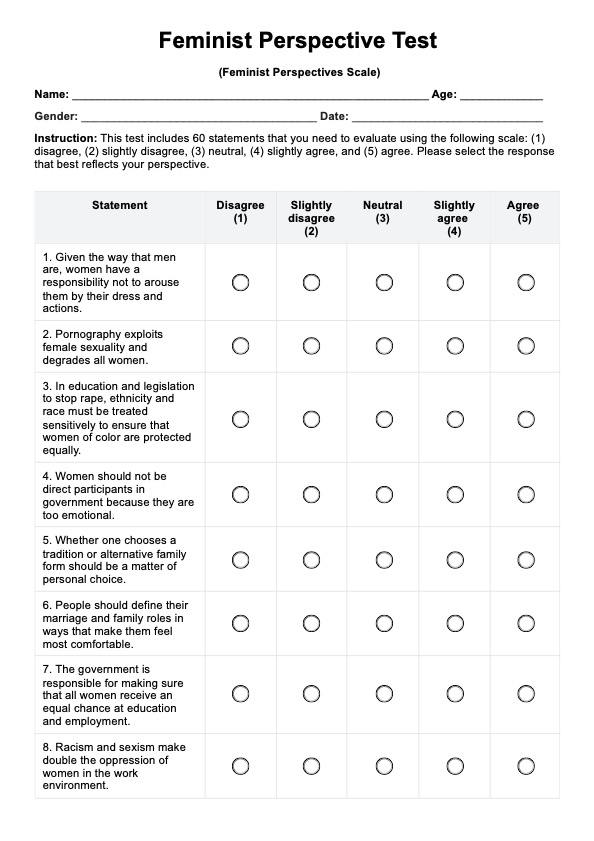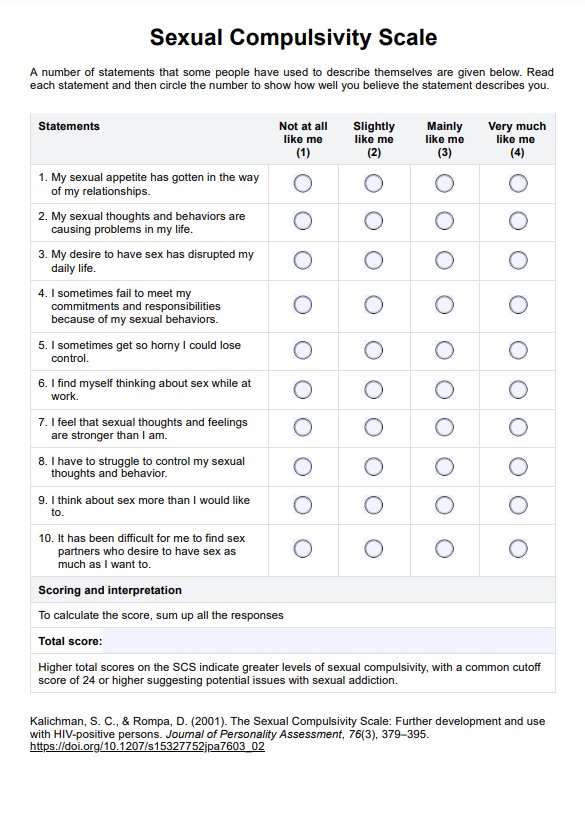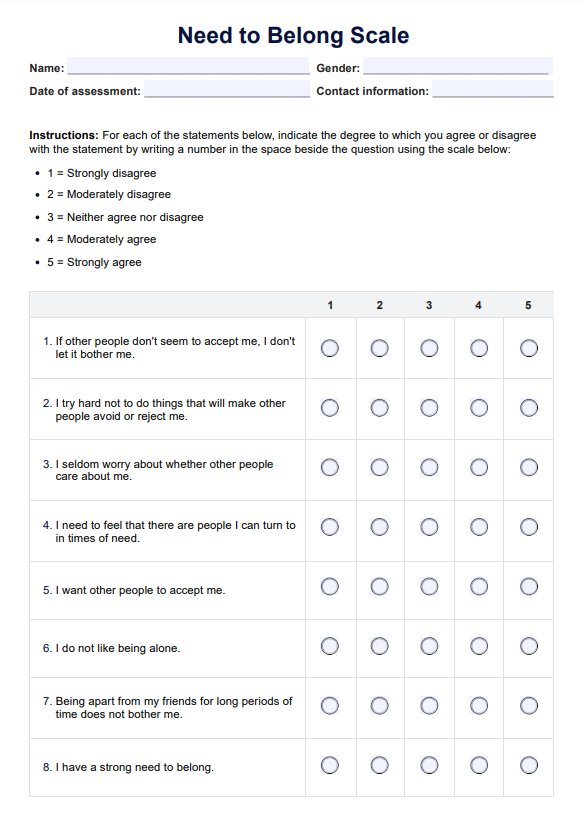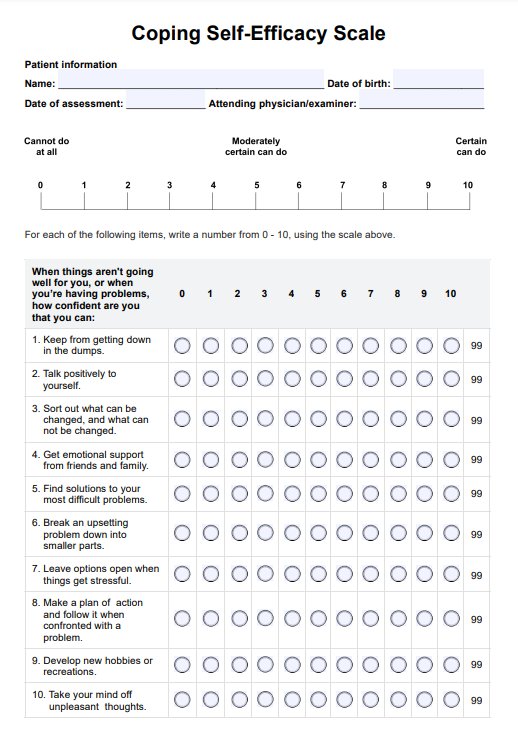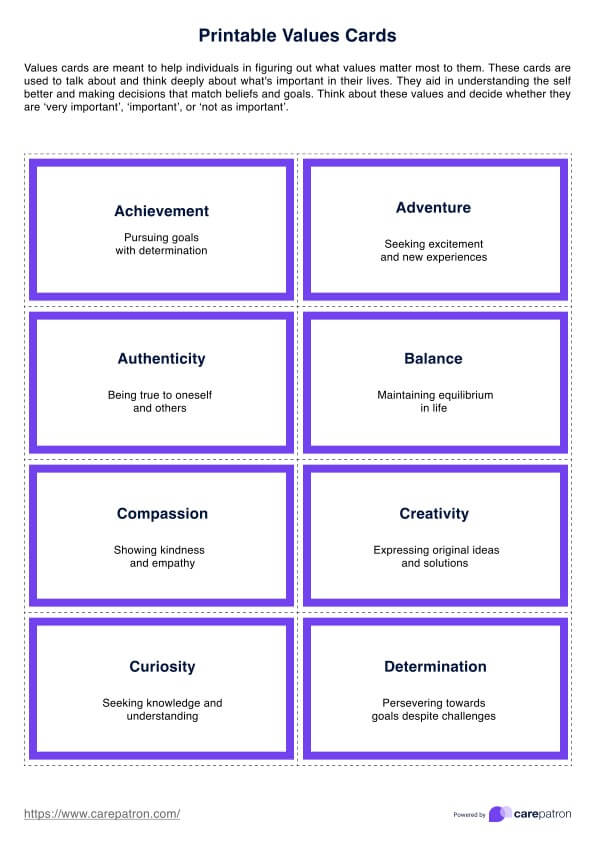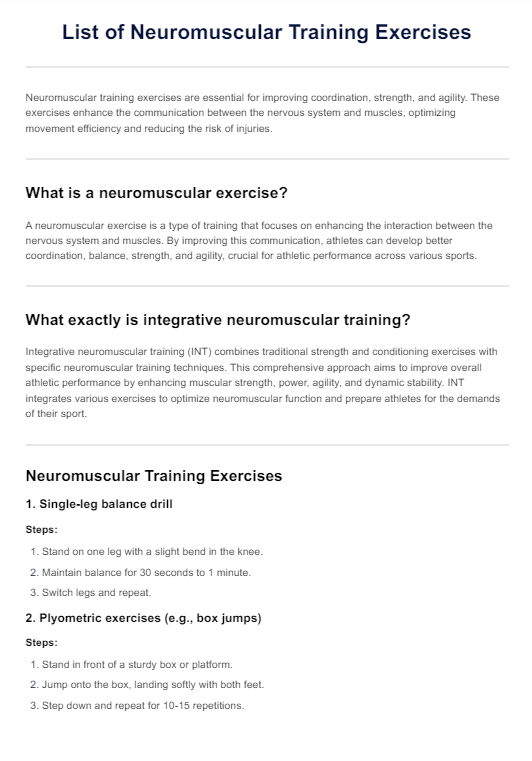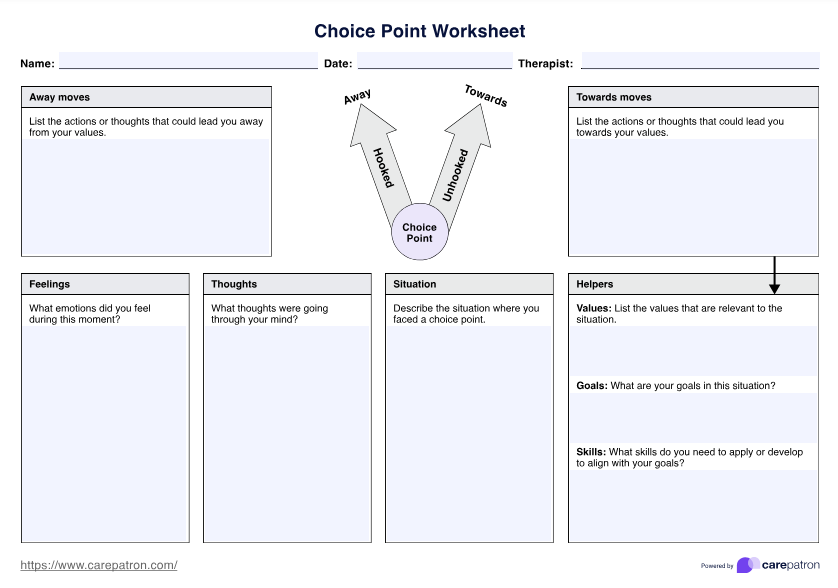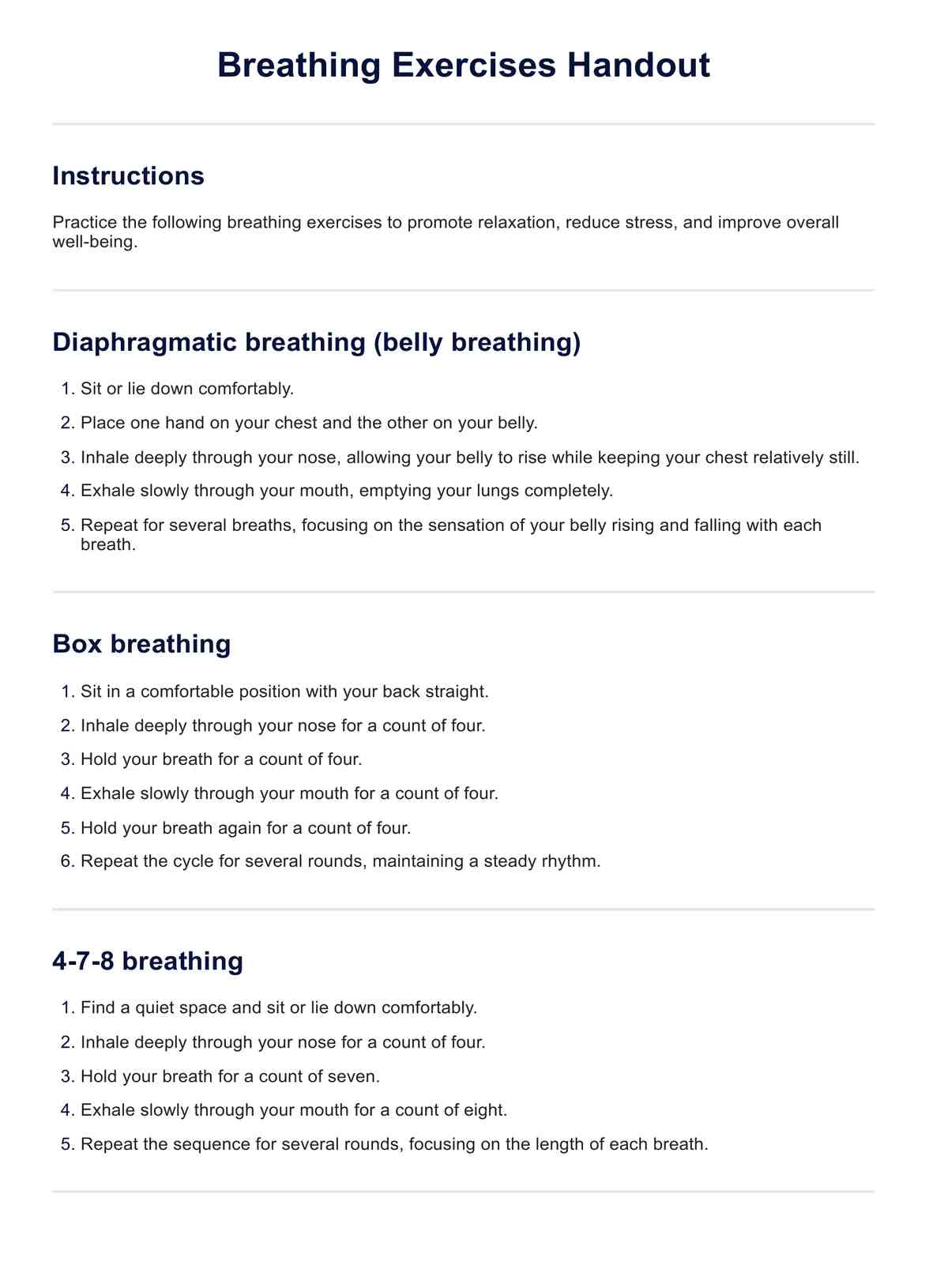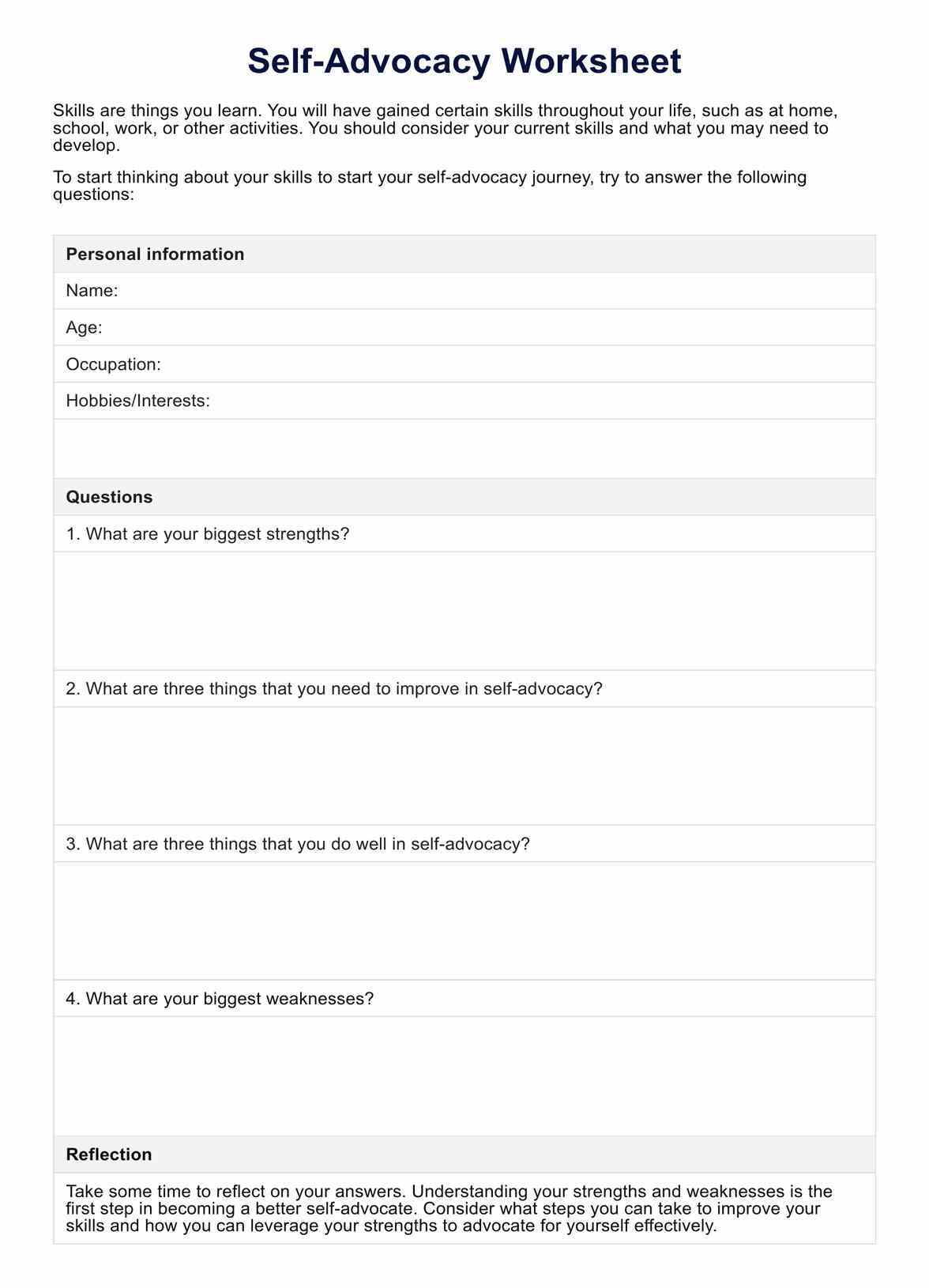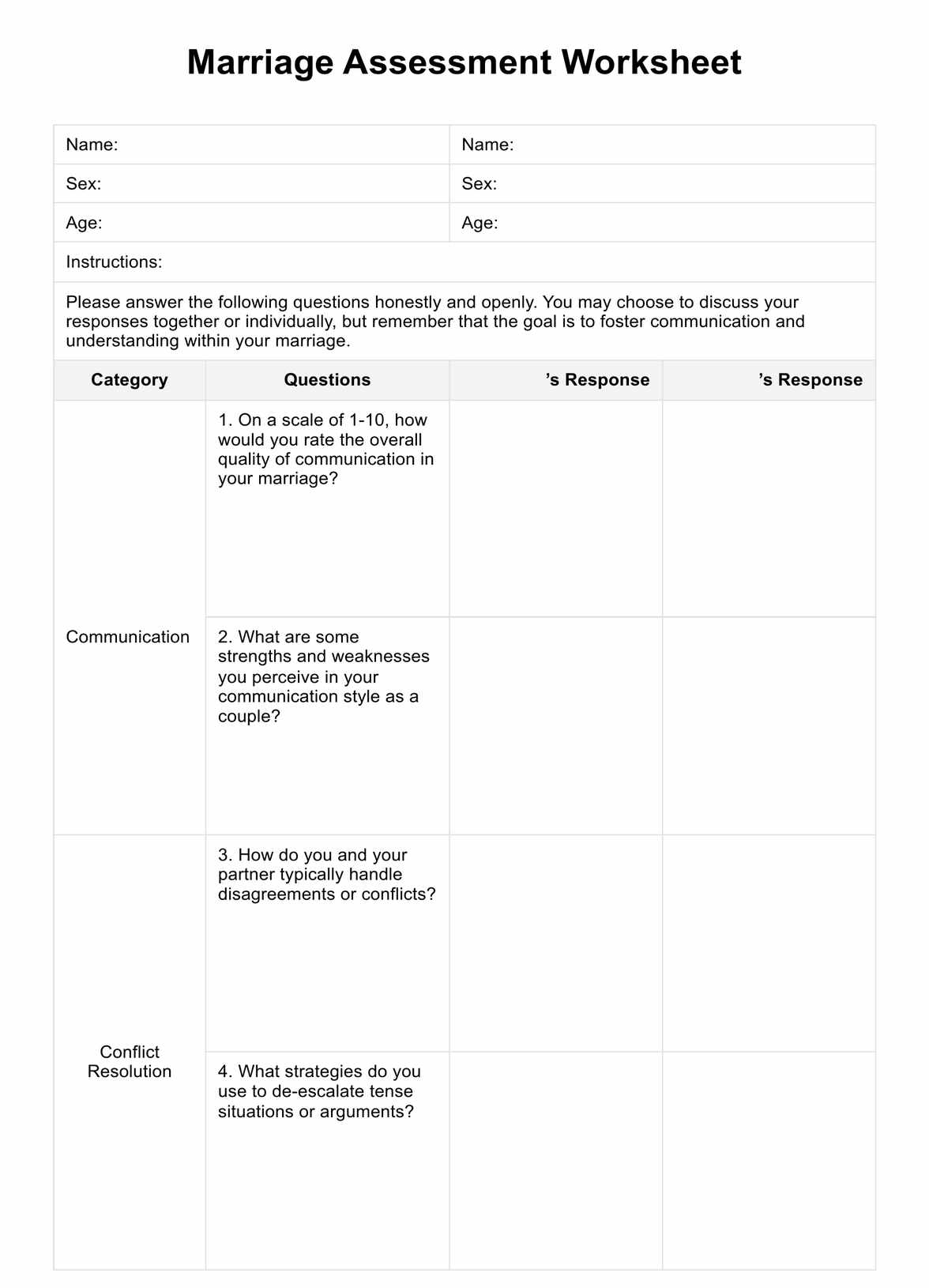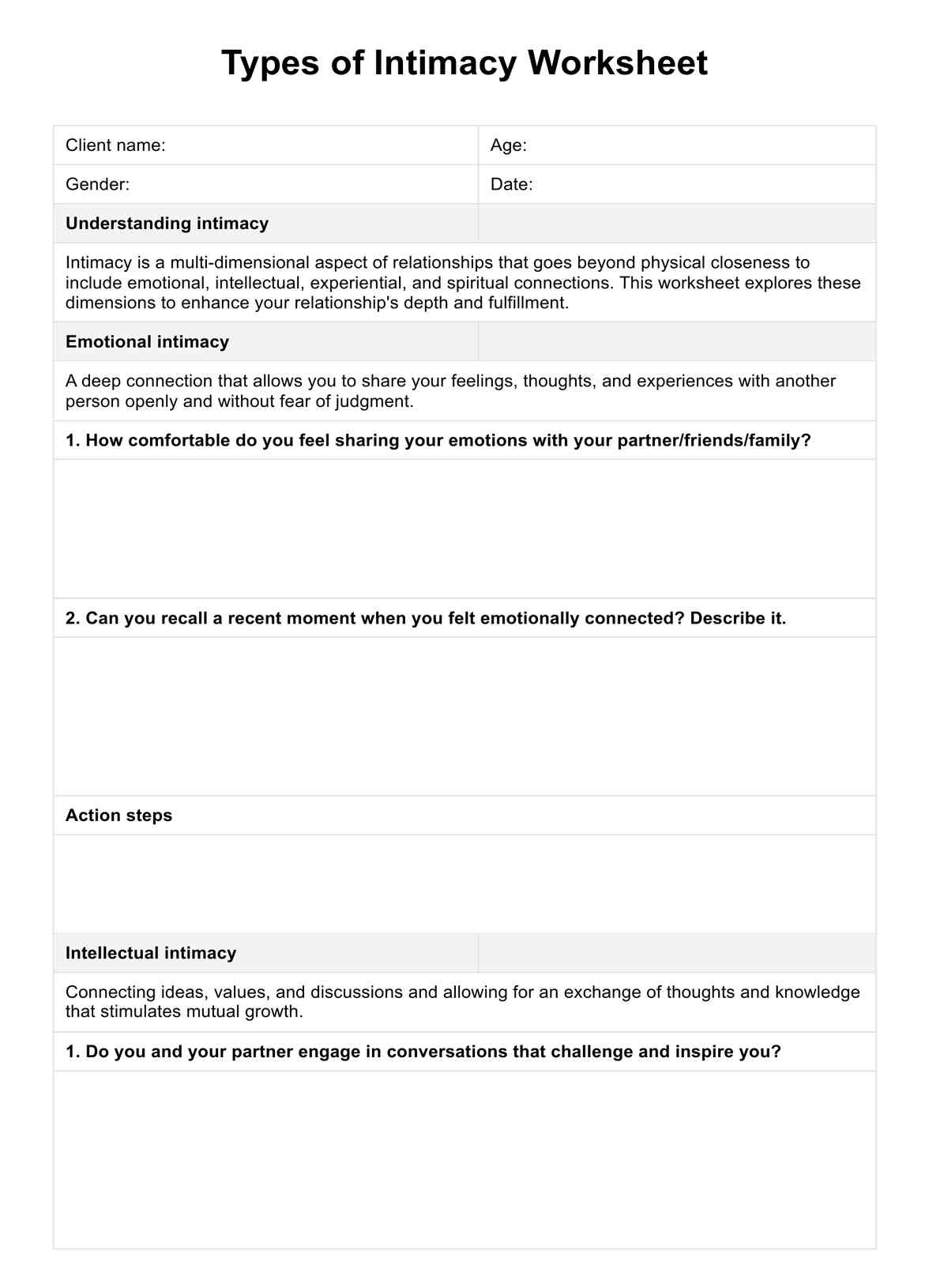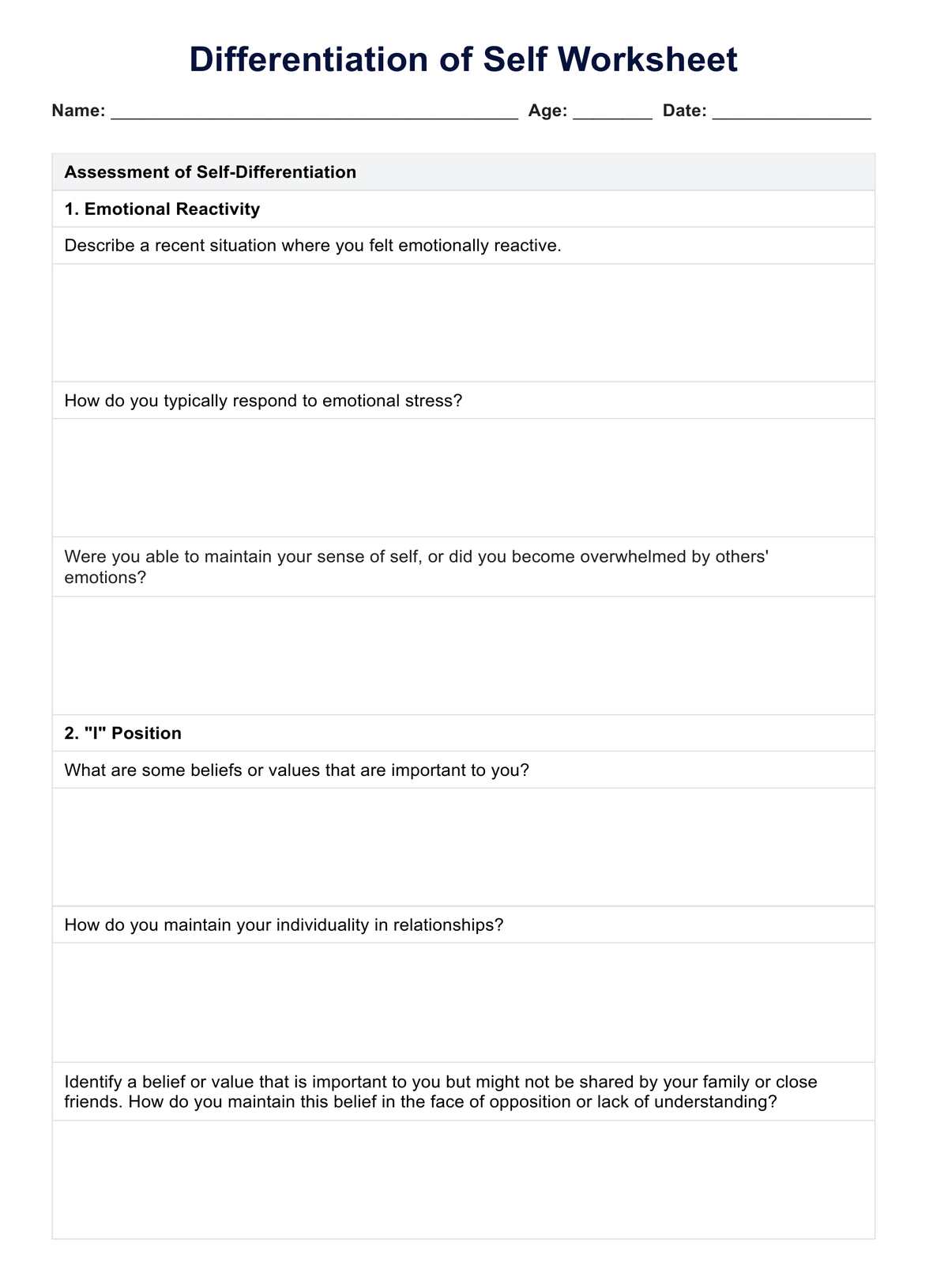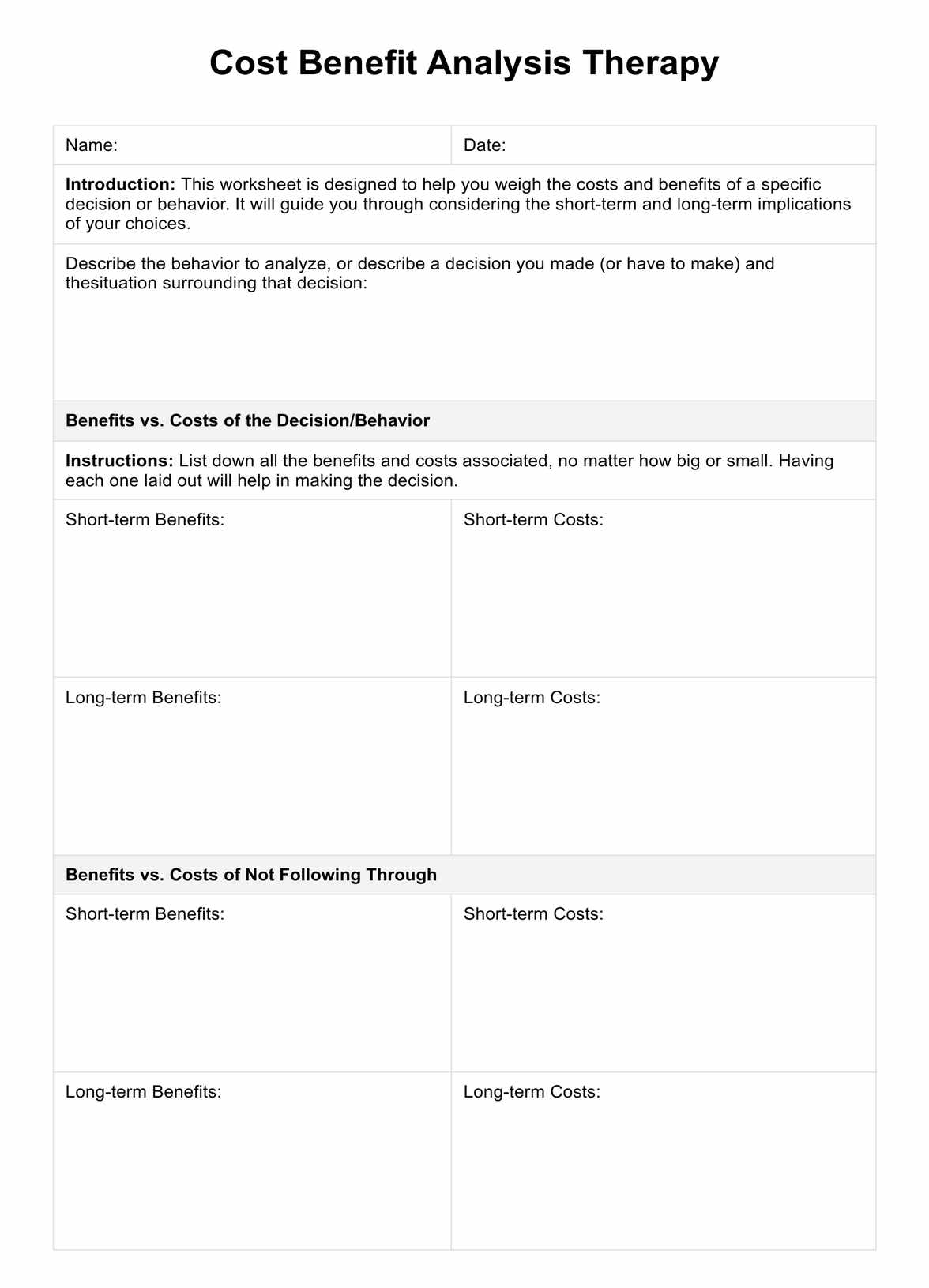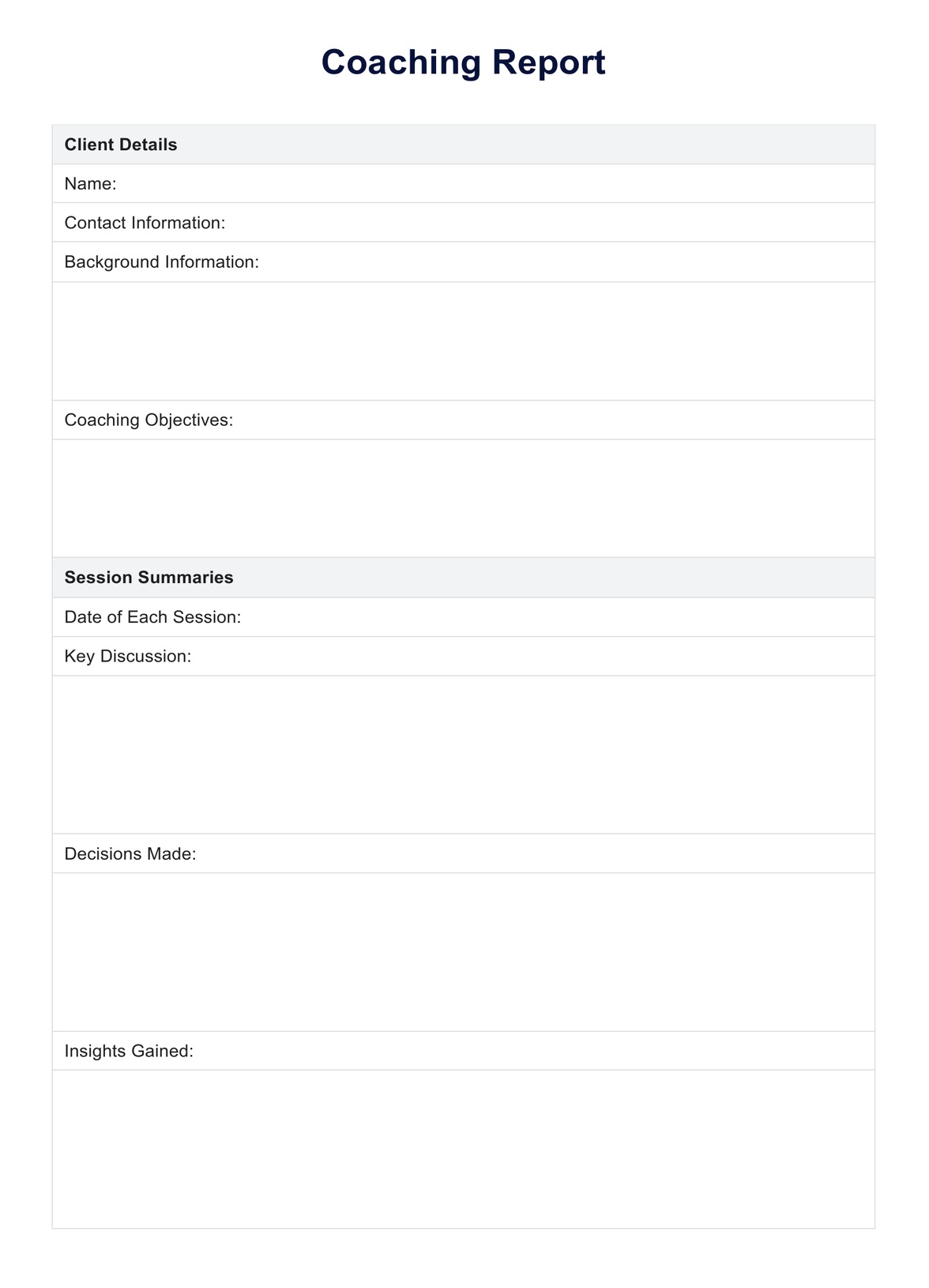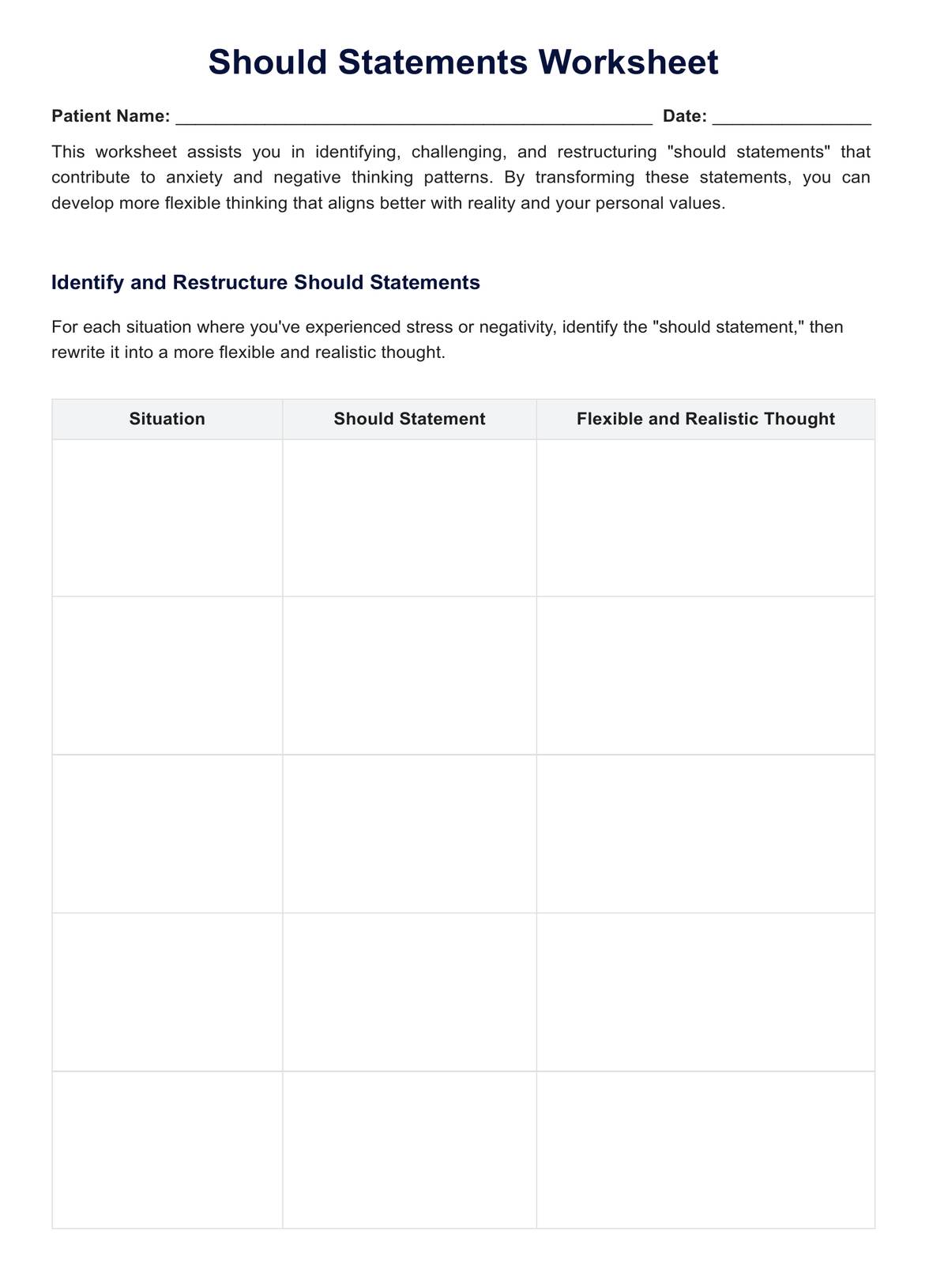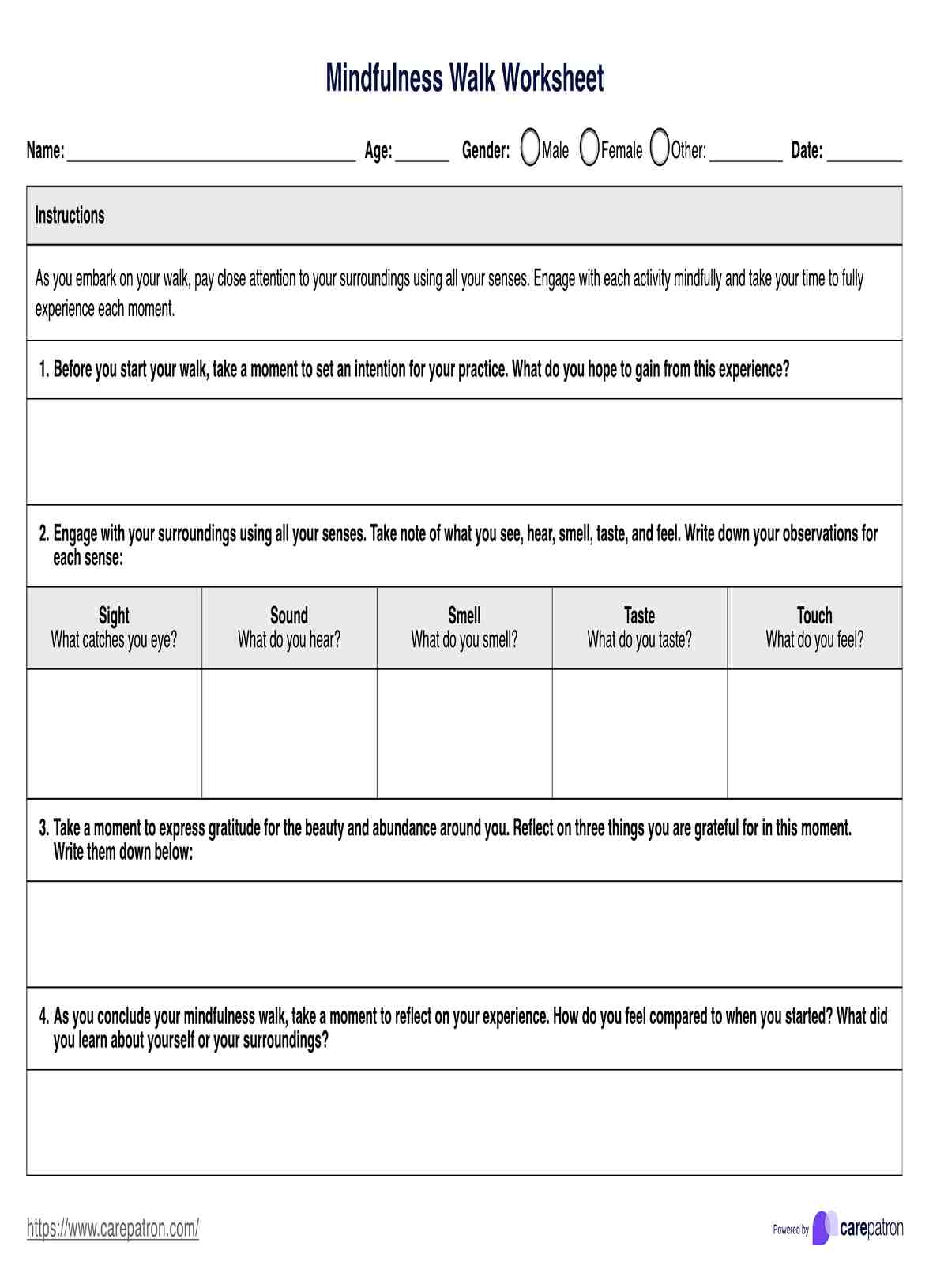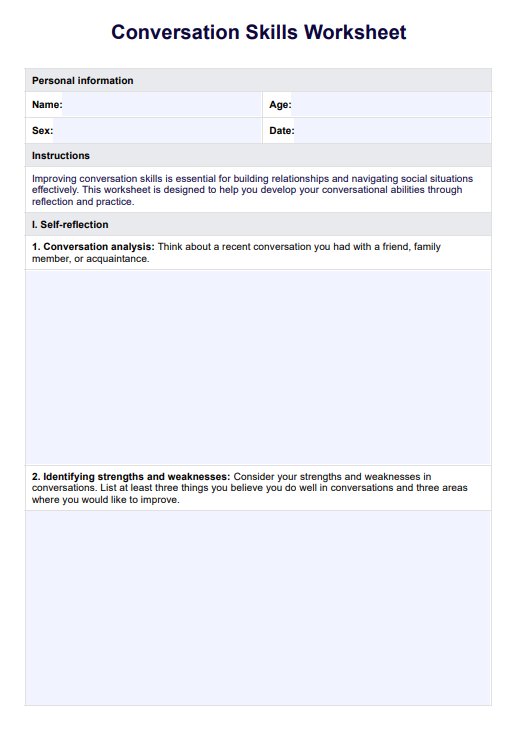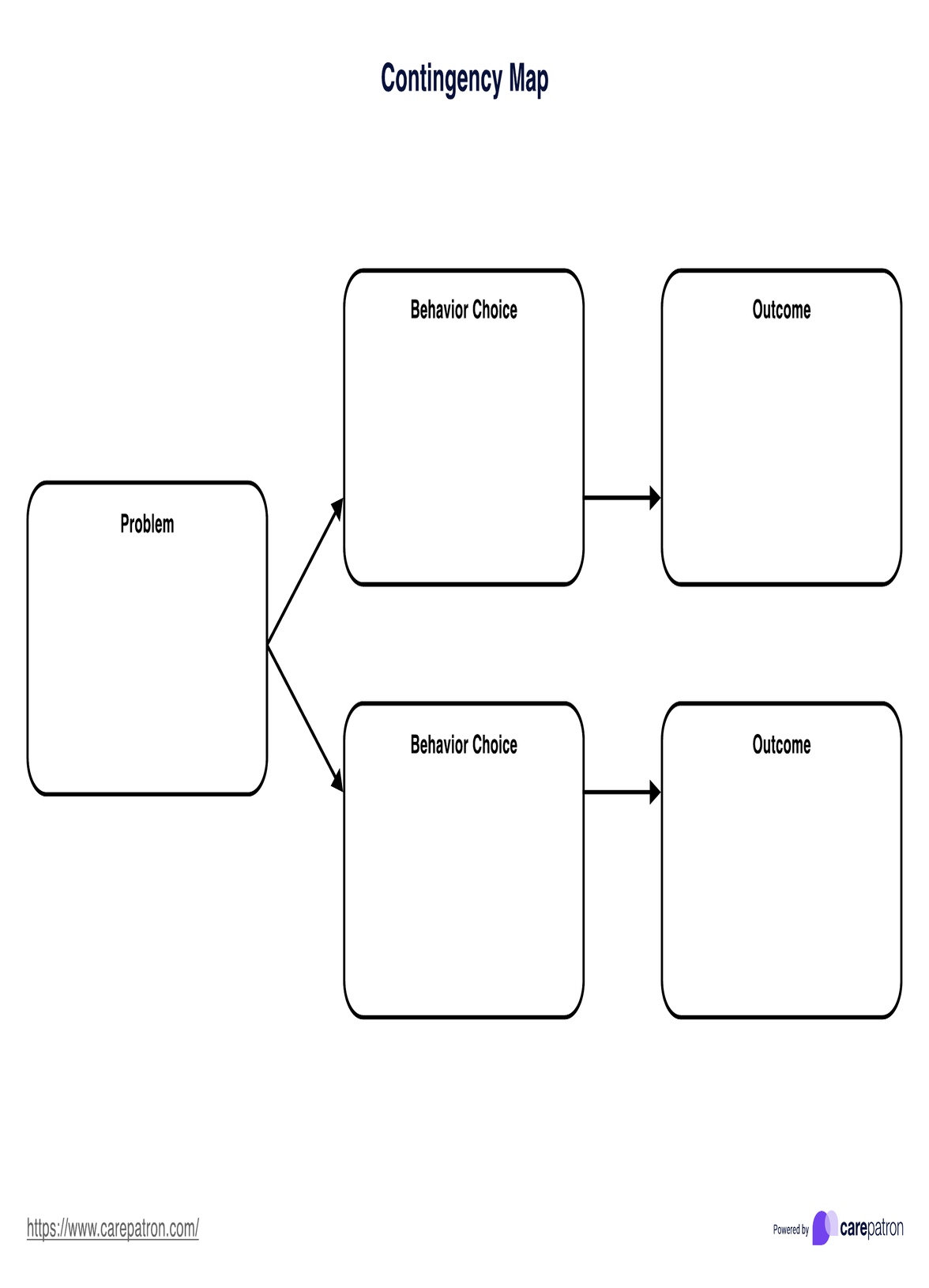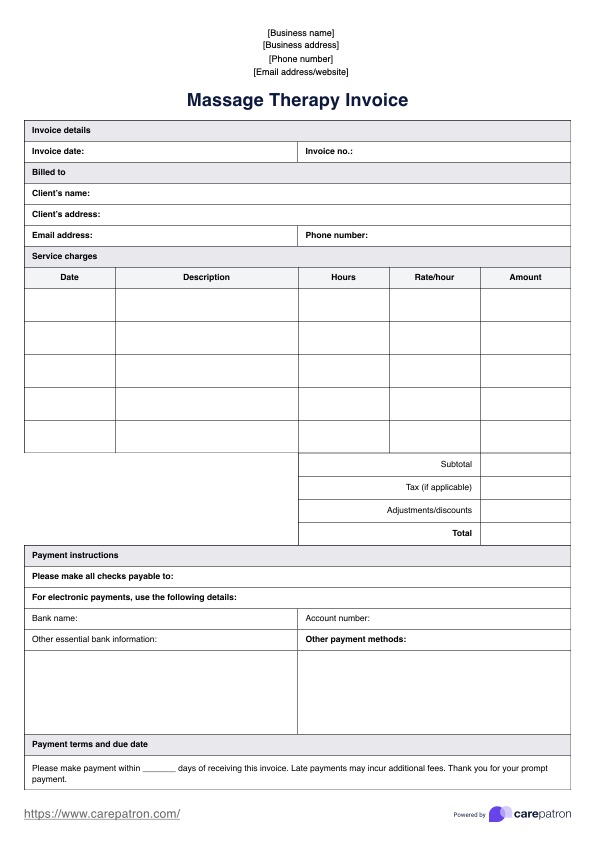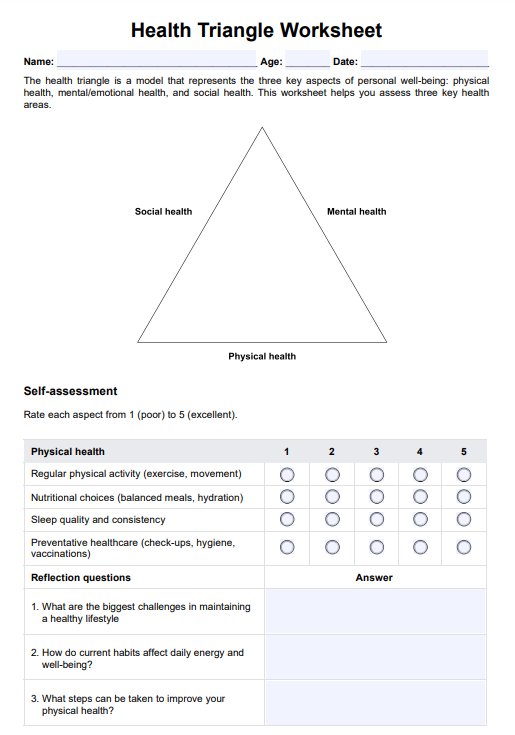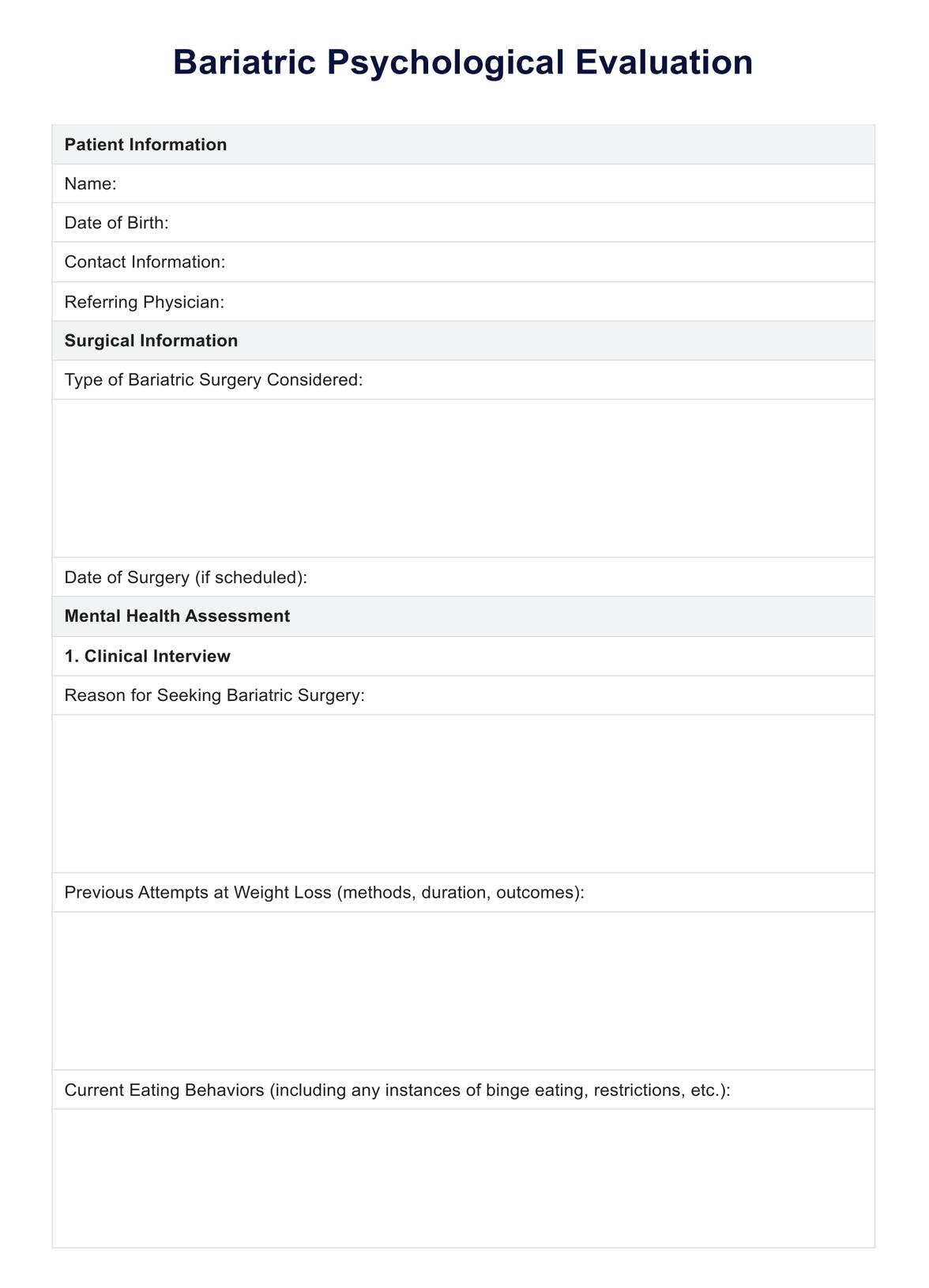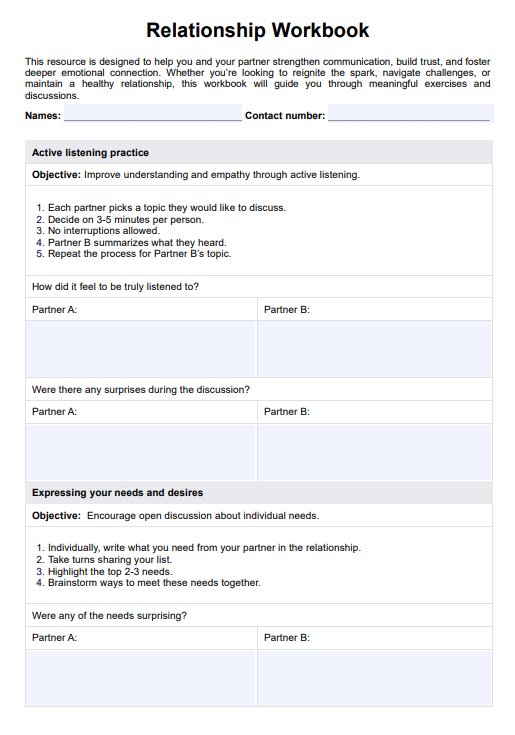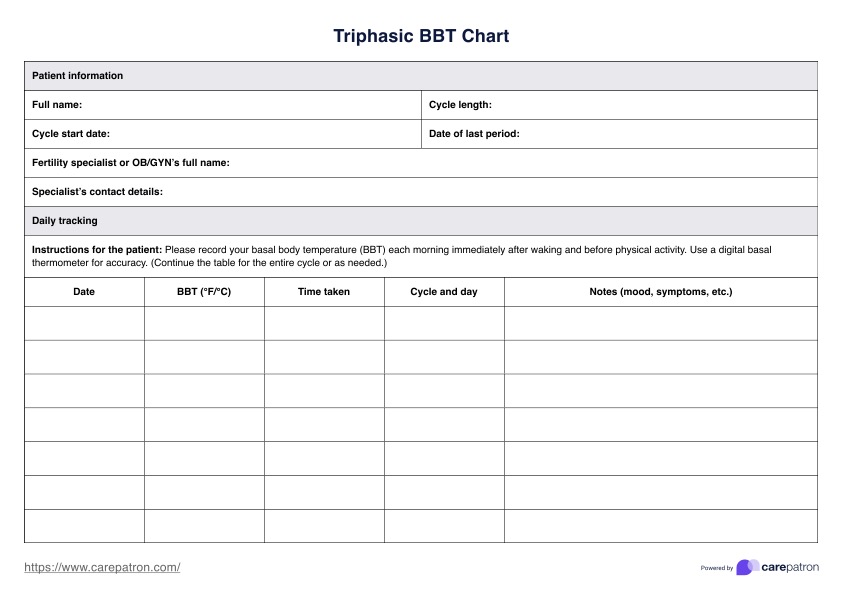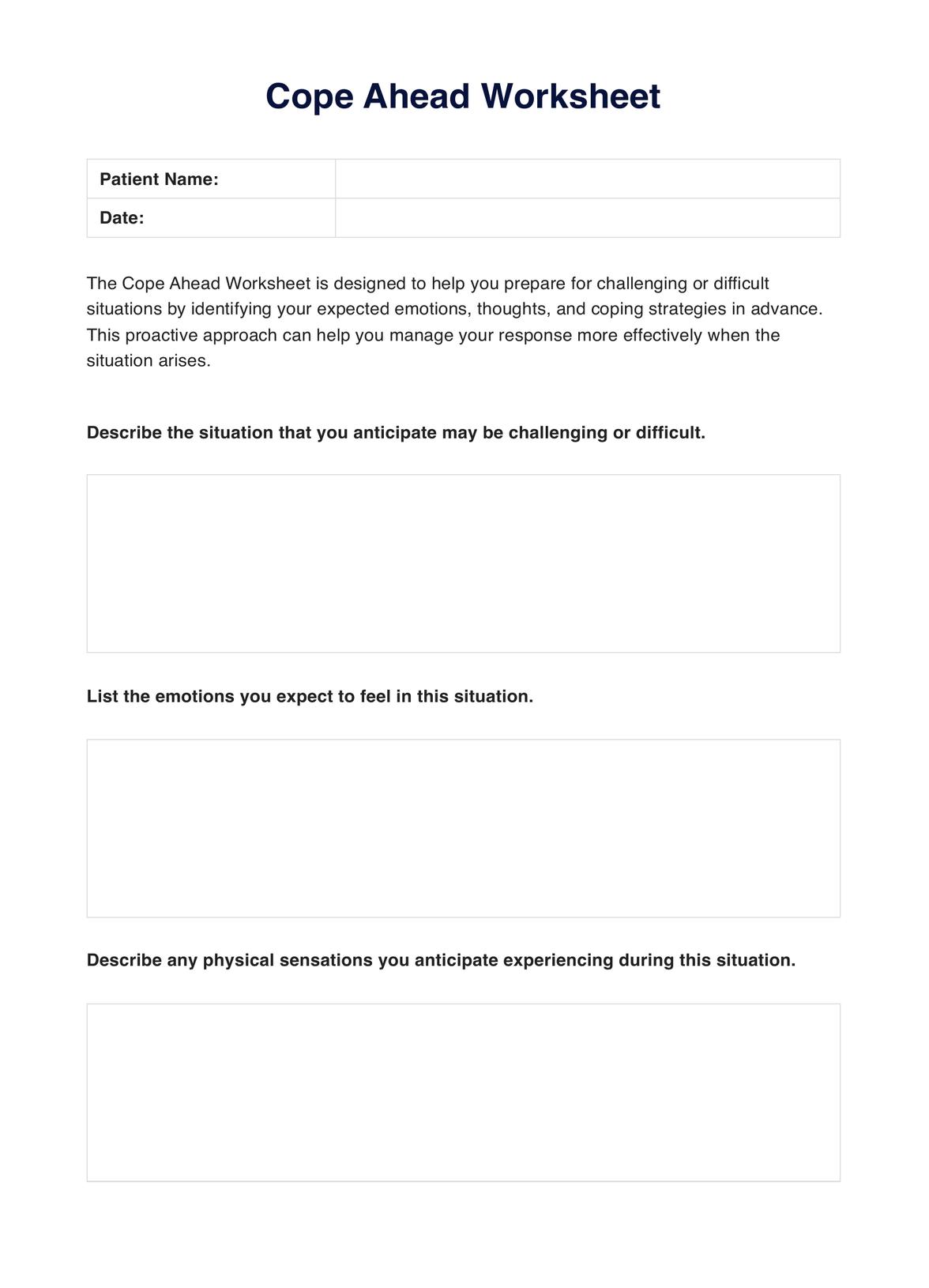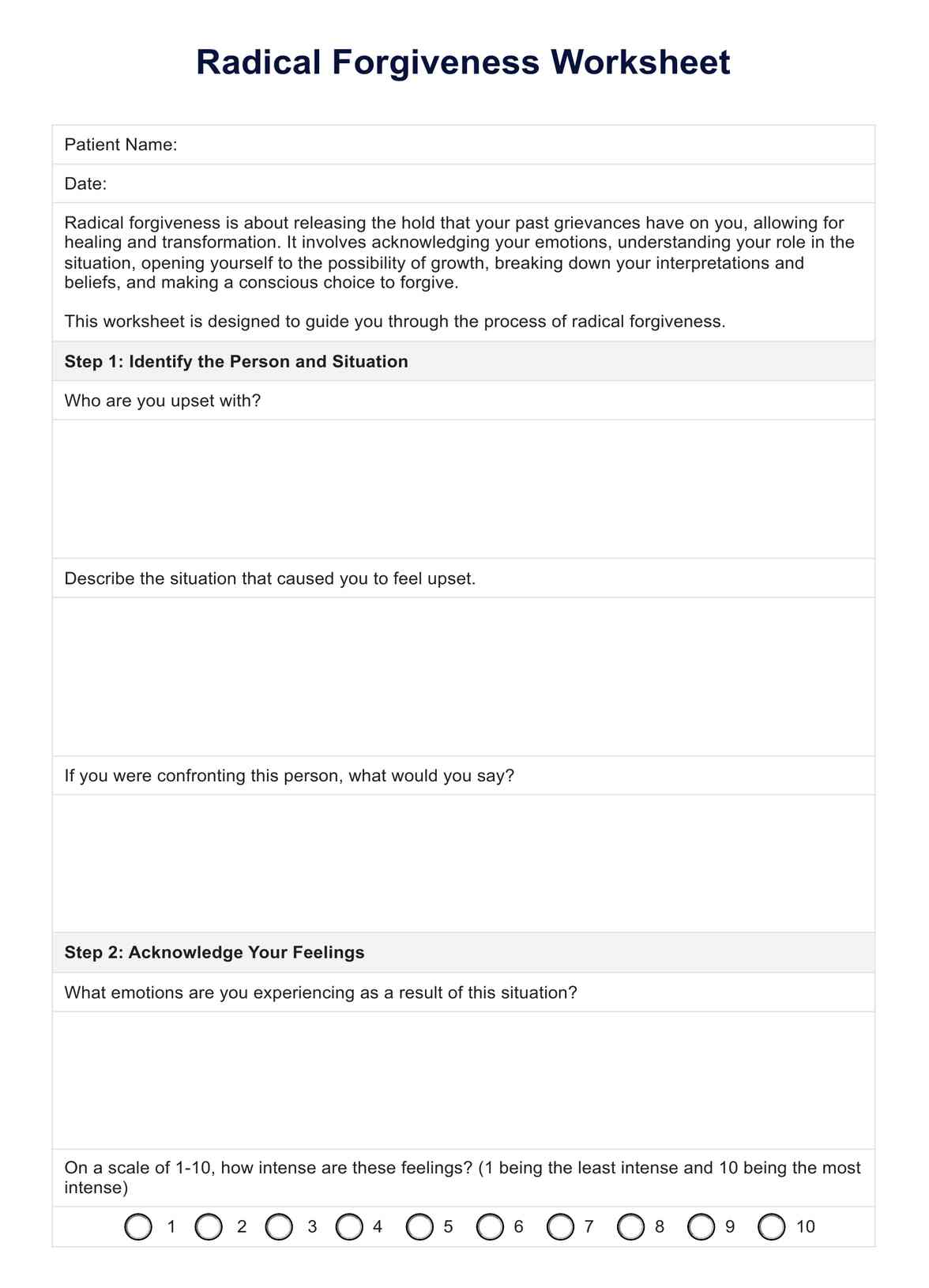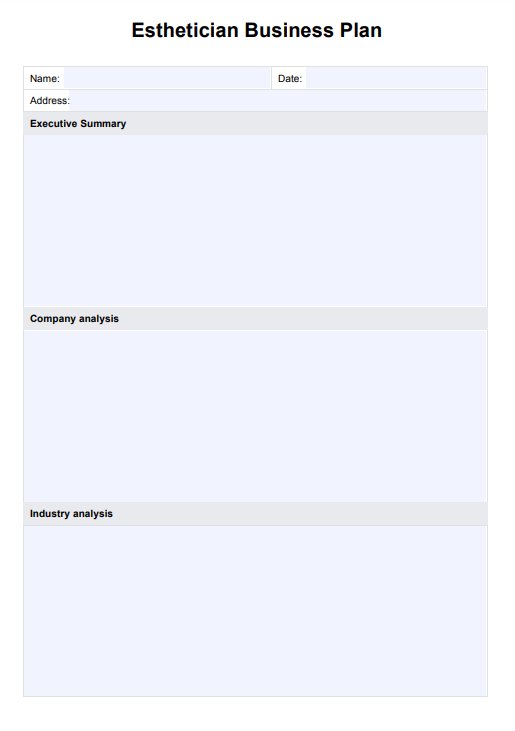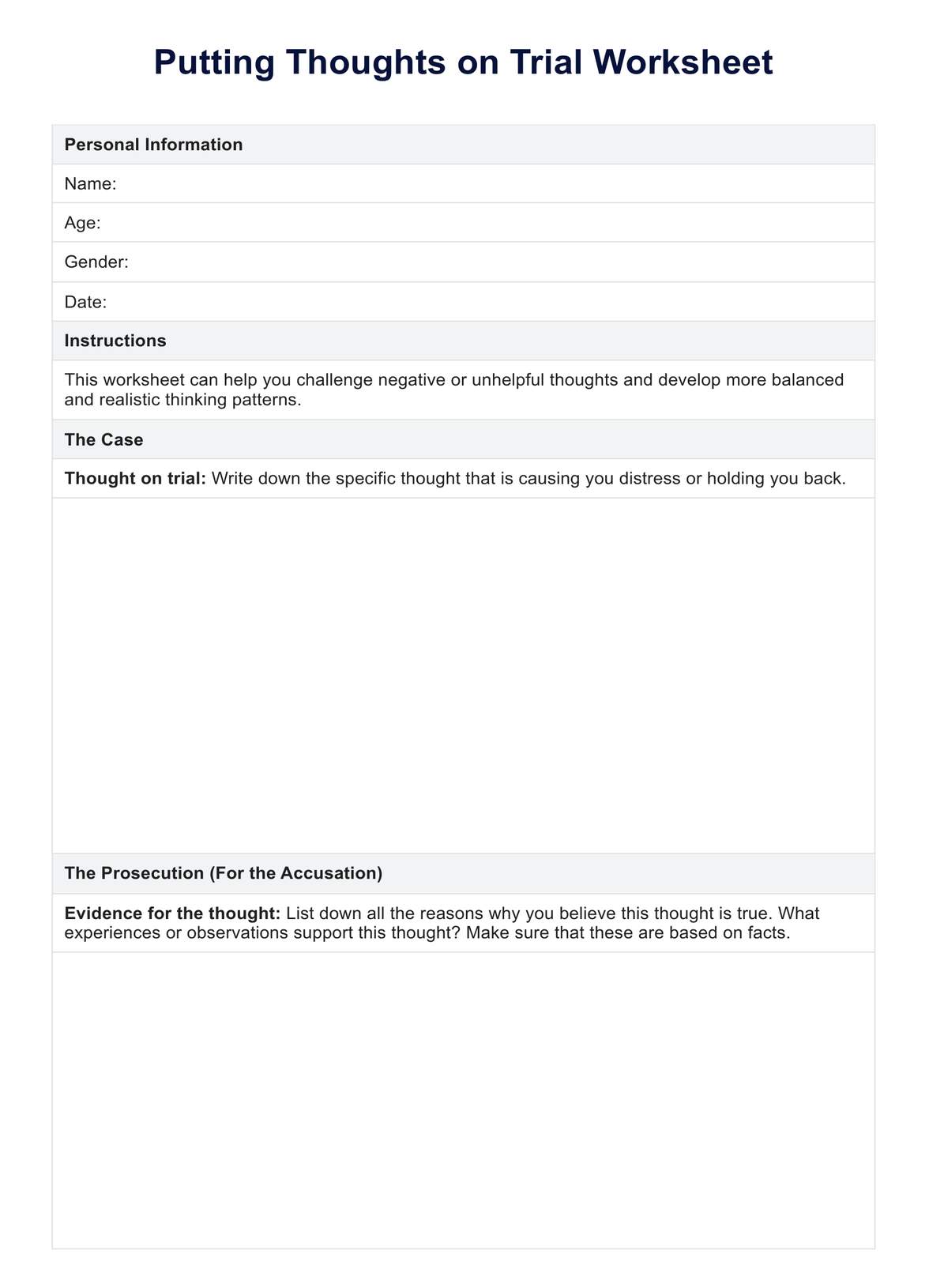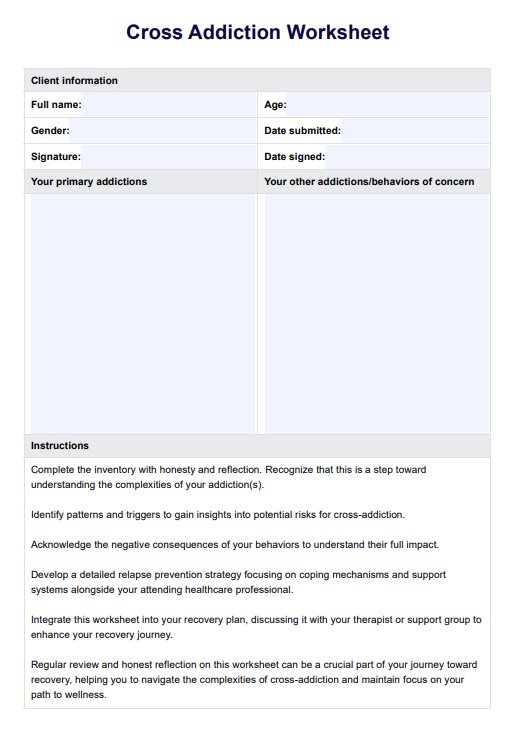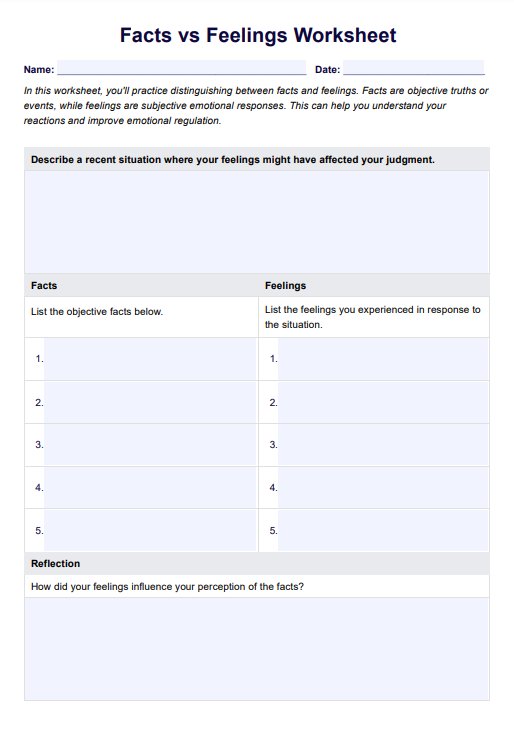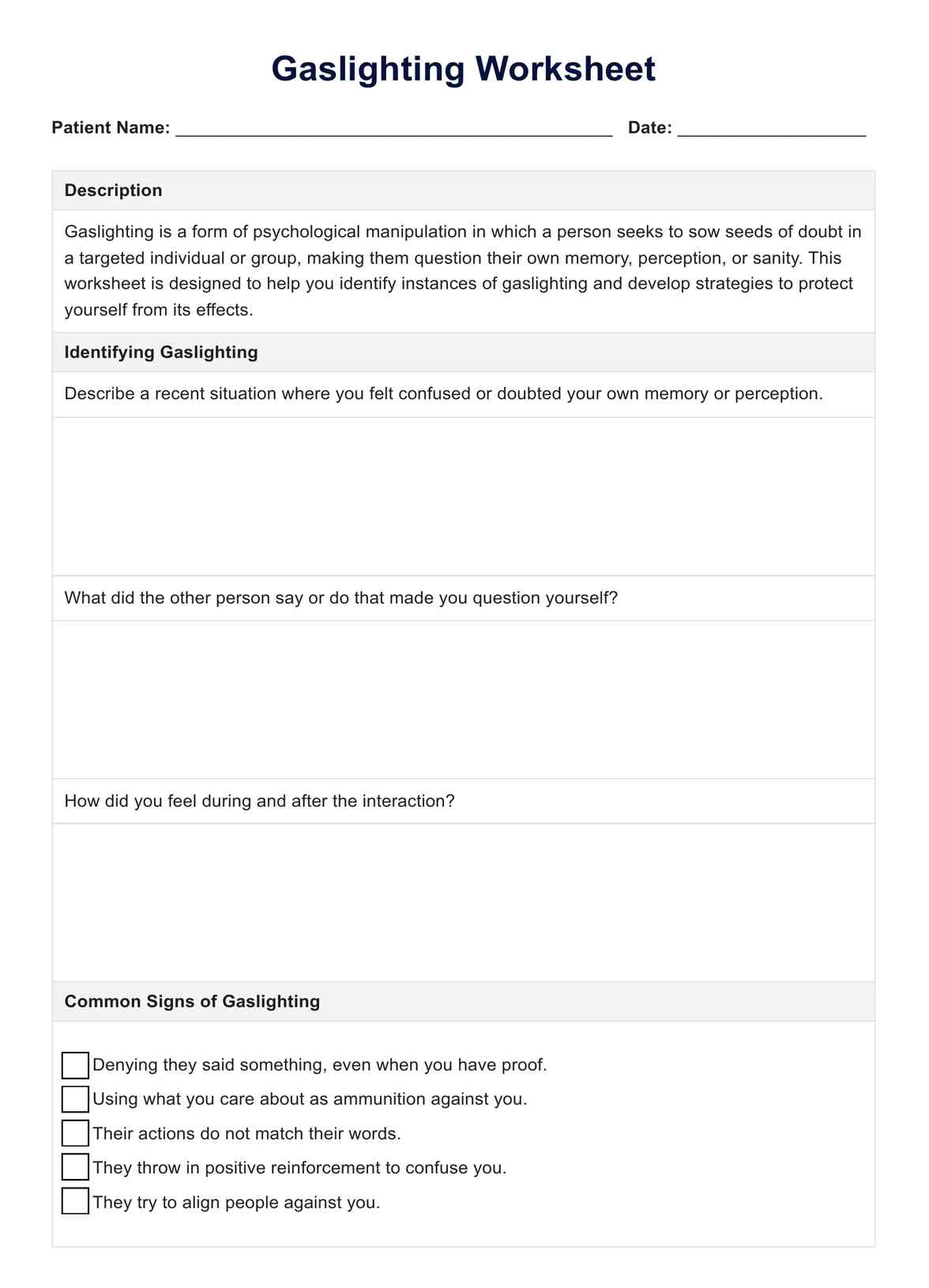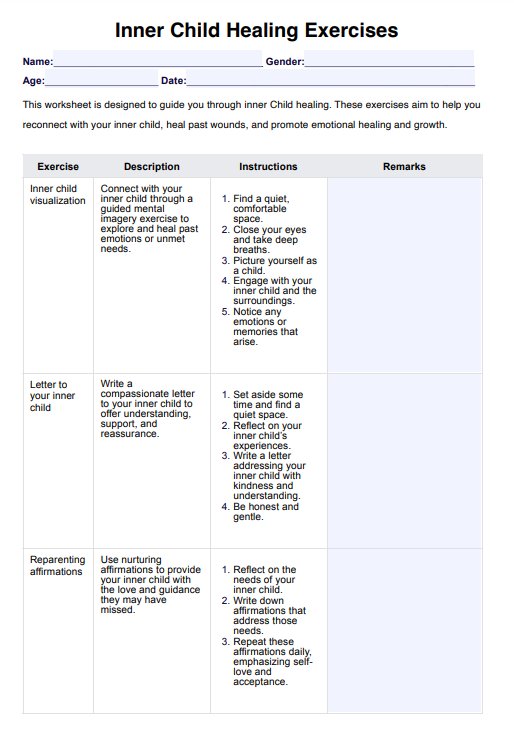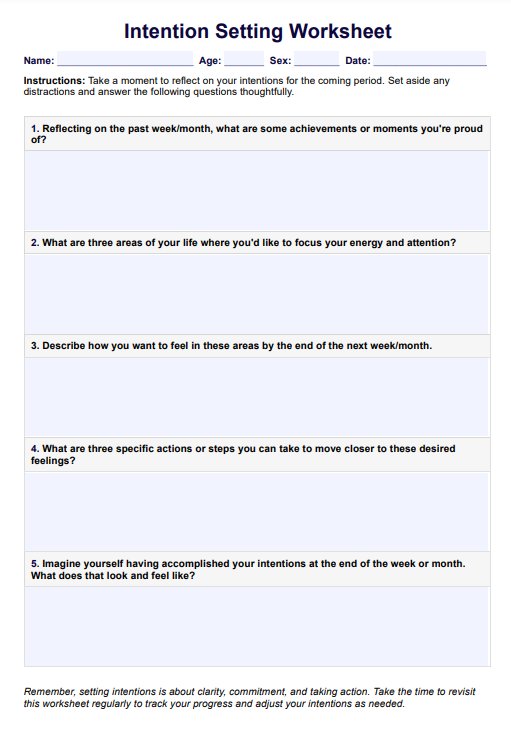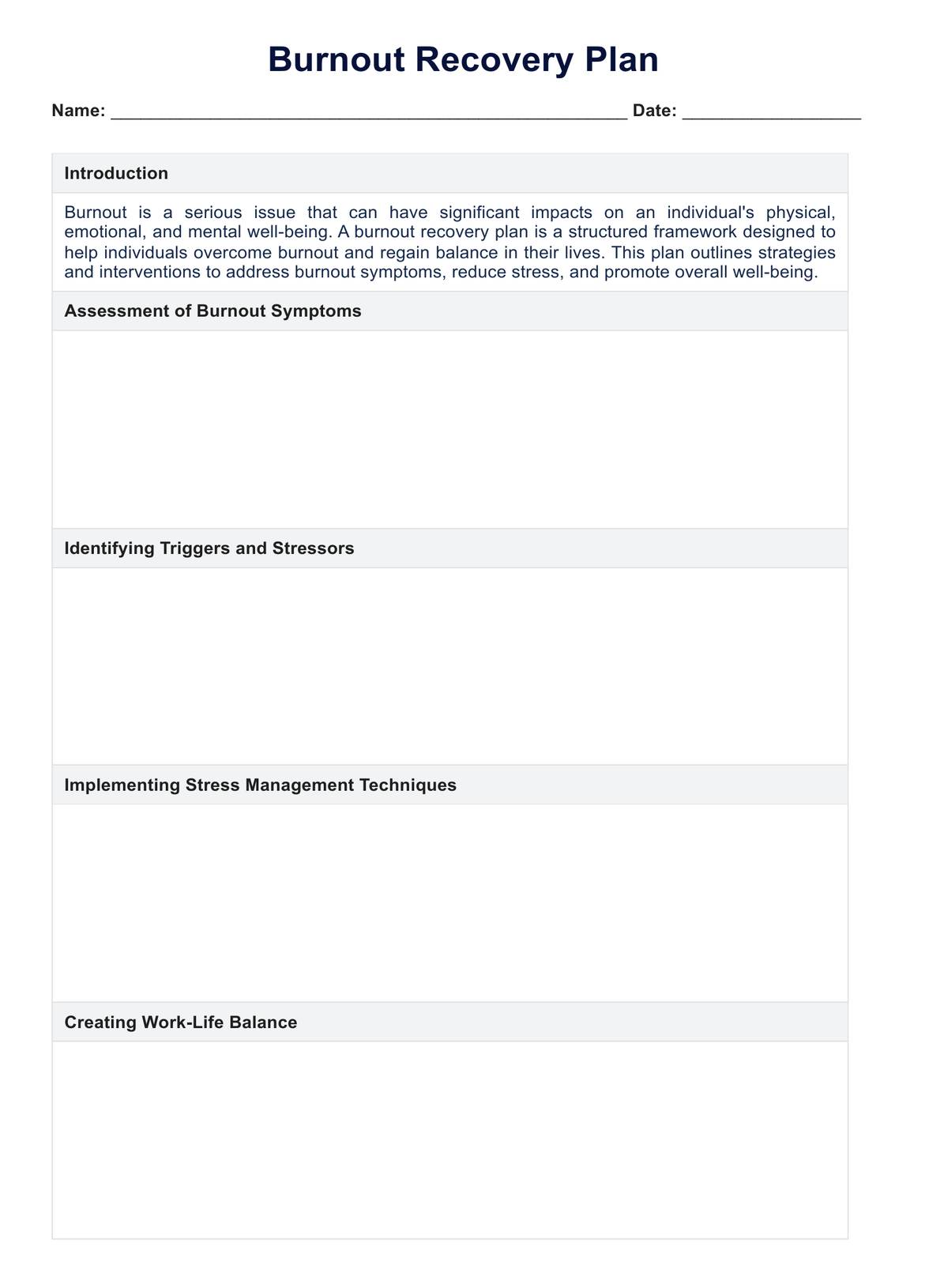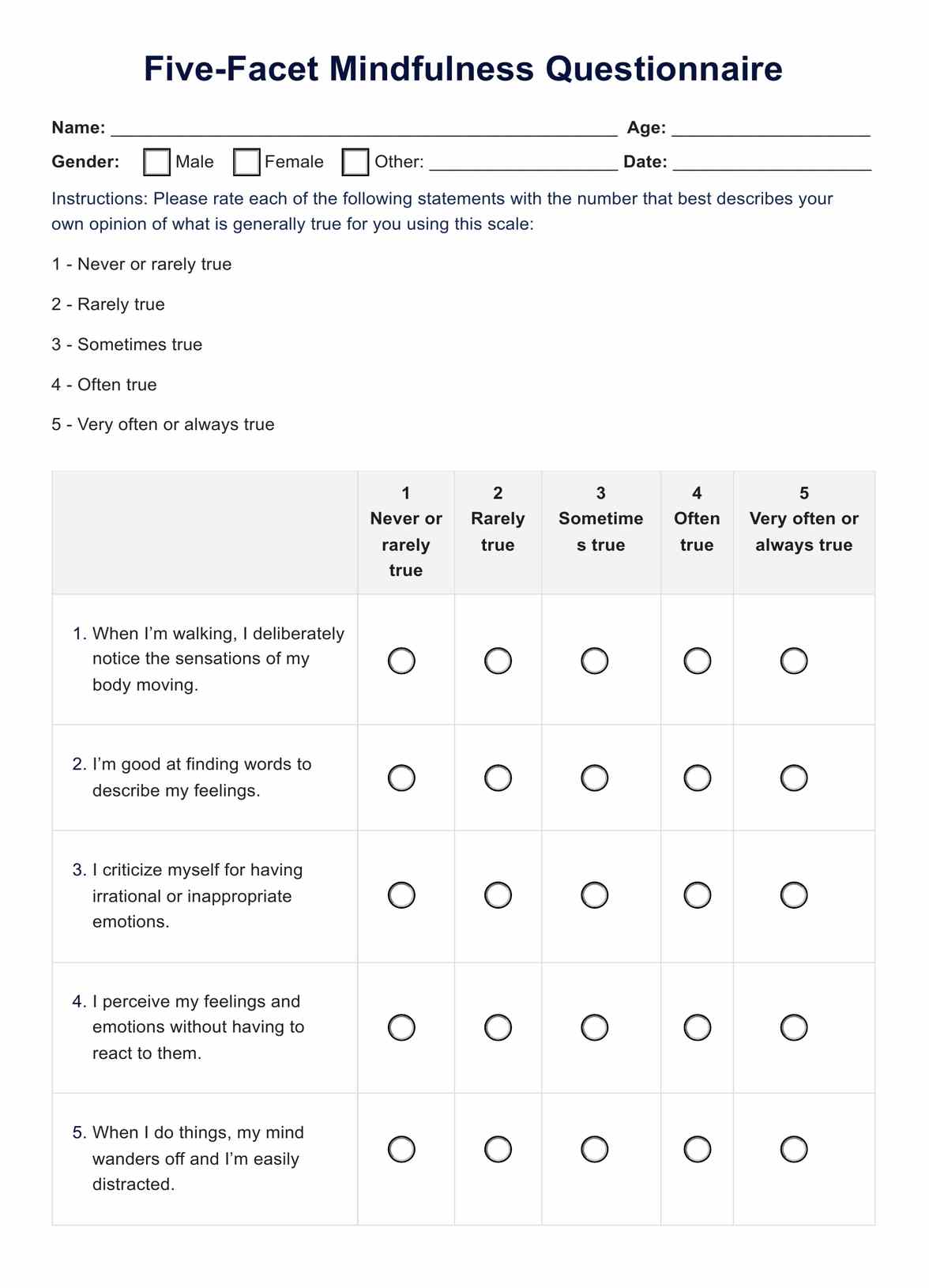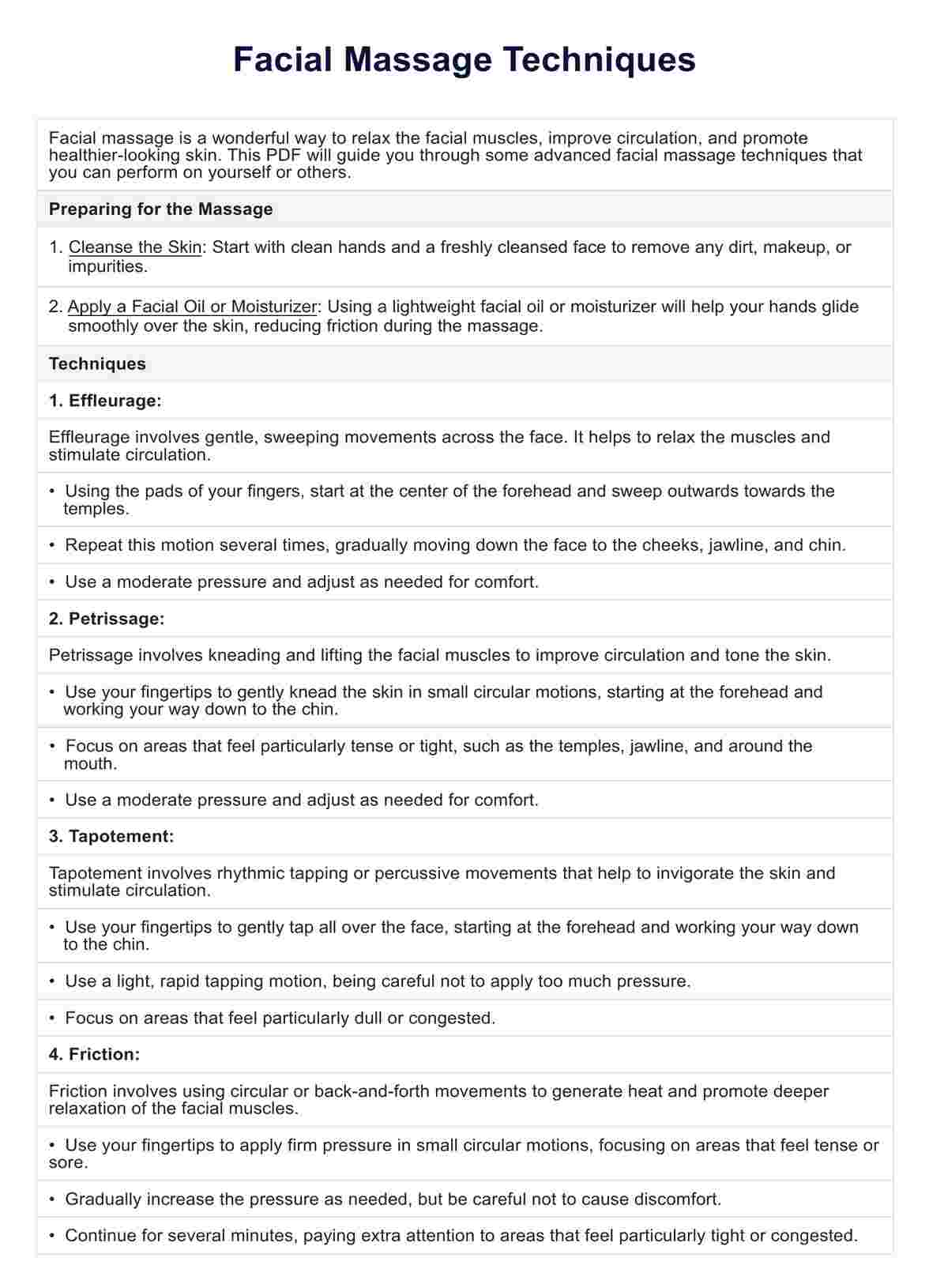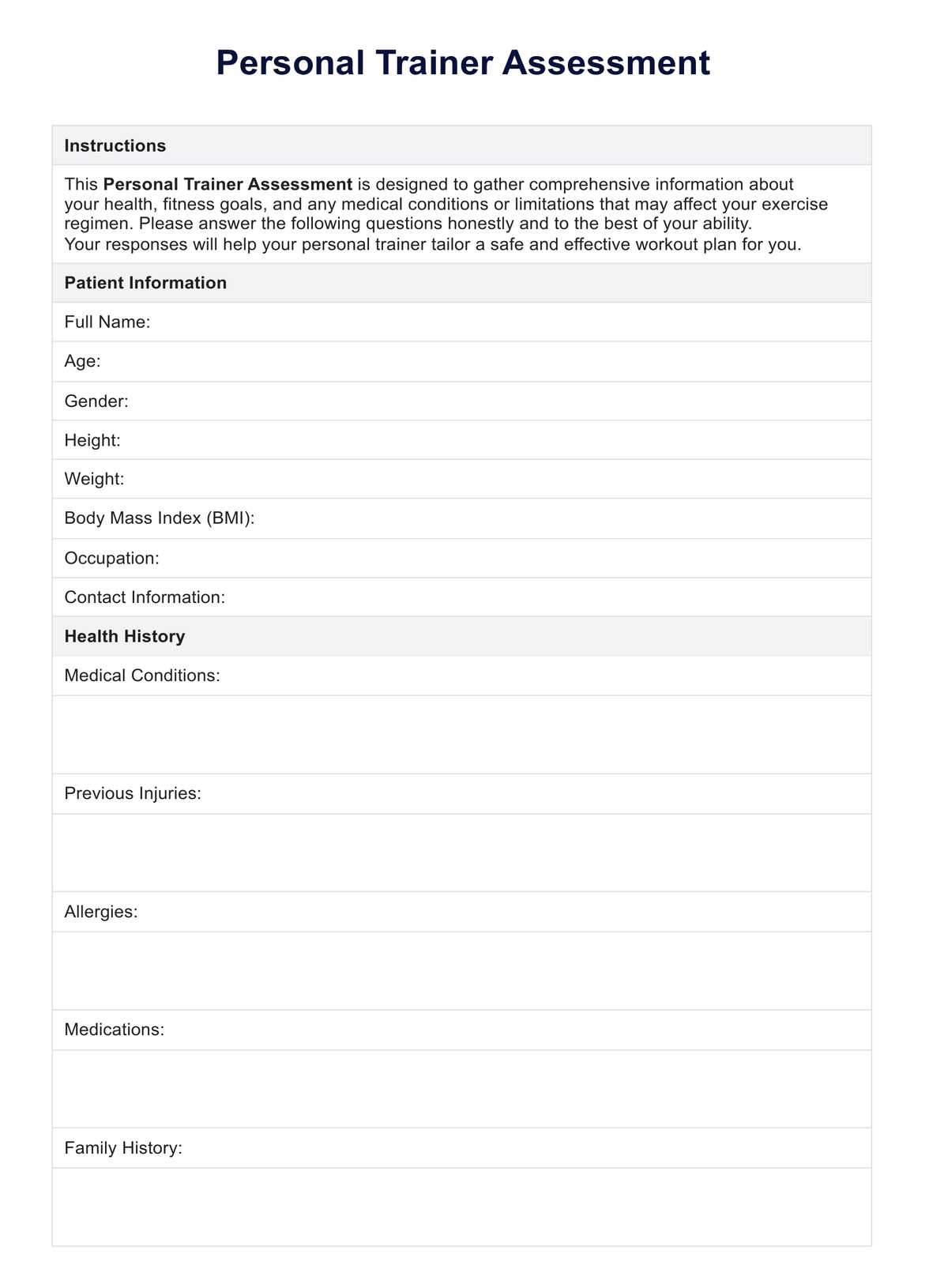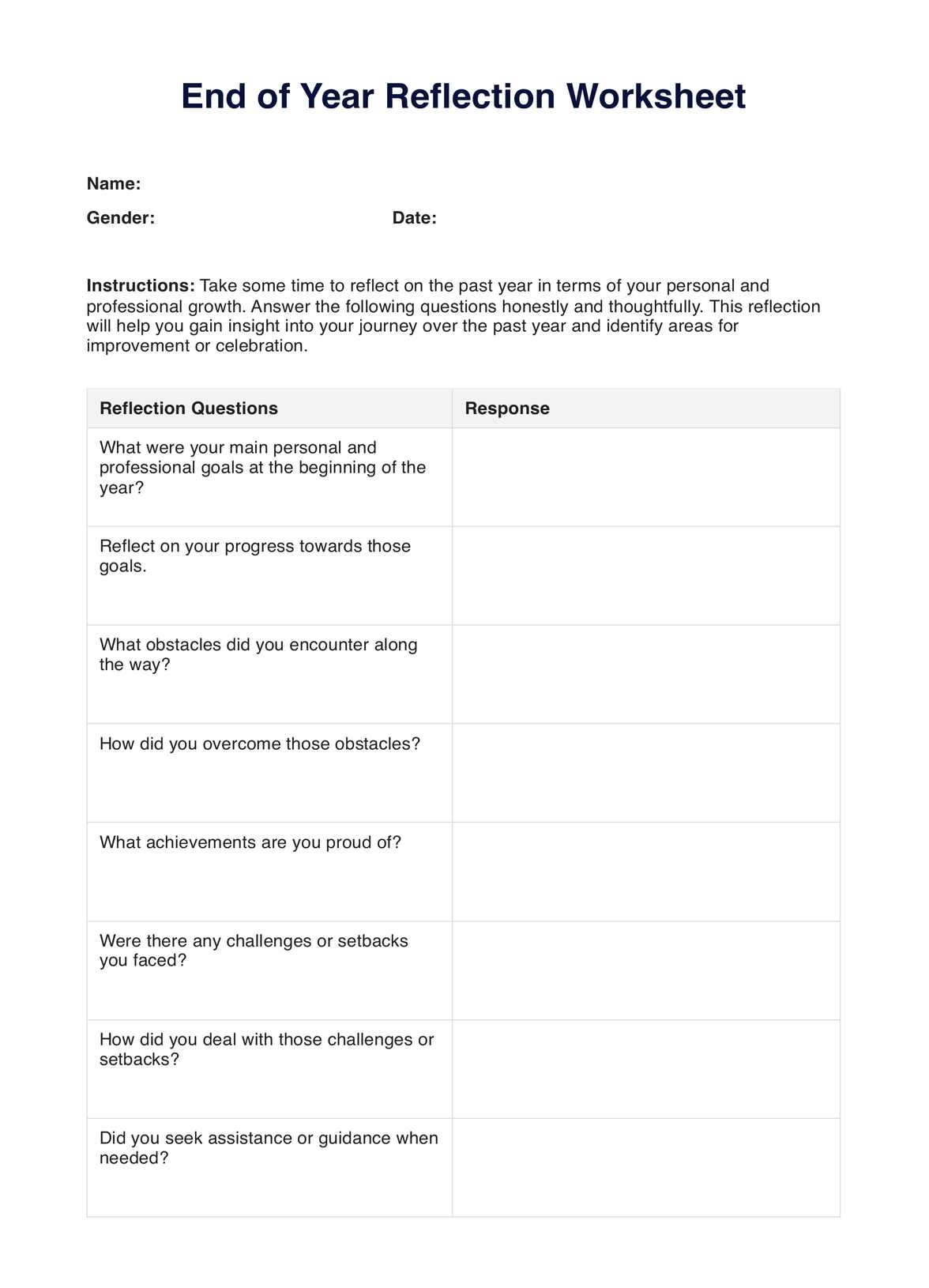Starting a Coaching Business Checklist
Build your coaching business right with our comprehensive checklist covering the essential foundations of a successful coaching business.


What are the qualities of a successful coaching business?
Starting a coaching business is an exciting venture. It's not just about having expertise in your field. It's also about mastering the art of guiding others towards personal and professional growth. But what truly sets successful coaching businesses apart? While a strong foundation in your expertise is essential, thriving coaches possess these important skills and qualities that promote lasting transformations in their clients' lives:
A clear niche
Identifying your area of specialization is crucial. The healthcare industry is vast, and coaches who hone in on a specific niche tend to stand out more and attract clients looking for expertise. Whether it's wellness coaching, mental health, life coaching, career coaching, or another area, a clear niche helps you become an authority, making it easier for your target clients to find and trust you.
Strong communication skills
Effective communication is the bedrock of a successful coaching business. This is not only about being a good listener but also being able to guide in a way that's motivational and easy to understand. Your ability to connect with clients through clear, empathetic, and concise communication, especially during coaching sessions, can make the difference between a one-time consultation and a long-term coaching relationship.
Credibility and professionalism
In this field, trust is non-negotiable. Clients expect a coach who is knowledgeable and adheres to the highest standards of professionalism. This includes continuous education, certifications relevant to your expertise, and a commitment to ethical practices. Your credibility is established when you can transparently showcase your qualifications, experiences, and successes.
Adaptability and continuous learning
The coaching industry constantly evolves, so a successful coach keeps pace with the latest trends, advancements, and regulatory changes. Your ability to adapt your coaching strategies to the current landscape shows clients that you’re committed to providing the most up-to-date and relevant guidance. Your willingness to be a lifelong learner demonstrates humility and dedication to your craft.
Marketing and branding
A successful business knows how to market and brand itself effectively. Your ability to communicate what makes your coaching services unique, valuable, and different from others will help you stand out in a crowded marketplace. This applies to traditional marketing strategies and your online presence, social media, and how you network and engage with the community.
Starting a Coaching Business Checklist Template
Starting a Coaching Business Checklist Example
What do coaches need to start a coaching business?
Building a successful coaching business involves thoughtful preparation, from acquiring the right certifications to creating a marketing strategy. Here is a comprehensive list of essentials you need to start a coaching business:
A clearly defined niche and ideal client
Imagine trying to treat every medical condition and doing every part of the medical process on your own – it wouldn't be very effective. The same principle applies to coaching. Success hinges on identifying a specific niche within your expertise. For instance, a successful life coaching business is founded on a specific goal of helping prospective clients develop skills and navigate life challenges more effectively.
Once you know your niche, you can create a profile of your ideal client. Consider factors like age, health concerns, and overall goals. Understanding who you're best equipped to serve allows you to tailor your coaching programs and marketing strategies for maximum impact.
A compelling coaching program
Your coaching program is the roadmap to success for your clients. It outlines the structure, content, and approach you'll use to guide them towards achieving their goals. Here are some key elements to consider:
- Program length and structure: Will it be a one-on-one coaching package, a group program, or a combination? How long will it last?
- Content and delivery: What specific topics will you cover? Will you use individual sessions, workshops, online modules, or a combination of these? You might also want to have coaching packages at different price structures.
- Actionable strategies: How will you help clients translate knowledge into practical steps?
Effective marketing strategies
Building a thriving coaching business is about attracting the right clients. Explore various marketing channels and establish your personal brand to reach your ideal audience. This could involve:
- Creating a user-friendly website: Communicate your niche, coaching program details, and testimonials.
- Building a social media presence: Share valuable content, engage with potential clients, and establish yourself as a thought leader.
- Networking with healthcare professionals: Collaborate with colleagues who might refer patients who could benefit from your coaching.
Remember, marketing is an ongoing process. Experiment, track your results, and refine your approach to attract a steady stream of clients.
Business essentials and legal considerations
The business side of coaching shouldn't be overlooked. Here are some crucial aspects to address:
- Business structure: Sole proprietorship, partnership, or LLC? Research the best structure for your needs.
- Business plan: For instance, if you want to dive into life coaching, a clear life coaching business plan outlines your goals, target market, unique selling propositions, and operational structure. This document will guide your early decisions and attract investors or partners if needed.
- Legalities and insurance: Depending on your location, you might need specific licenses or insurance. Consult with a professional to ensure that you are legally compliant.
- Financial Management: Establish a system for income, expenses, and taxes.
By taking care of these business fundamentals, you can operate smoothly and focus on what you do best – coaching your clients toward success.
Coaching certifications and training
Formal coaching certifications enhance your credibility and provide you with the specific skills needed in your niche. Also, look into ongoing training opportunities to stay knowledgeable and relevant in your field.
A mentor or coach
Having a mentor or a business coach can provide insights into the industry, help refine your strategy, and push you toward consistent growth and learning so you don't have to do it alone.
Client management systems
Invest in software that allows you to manage client information from the client onboarding process to scheduling sessions, setting appointment reminders, and processing payments efficiently. This will optimize your clients' experiences and streamline your business operations.
What is a Starting a Coaching Business Checklist?
Starting a Coaching Business Checklist is your roadmap to navigate the initial stages of business building and growth. It outlines the essential steps you'll need to take to transform your vision into a reality. This involves the following:
- Self-discovery: Take some time to reflect on your passions, skills, and experience. This is an essential starting point to help you gain clarity on your ideal clients, niche, and the unique value you bring to the coaching table.
- Coaching foundation: Build your coaching business's core elements. This includes your main coaching program and getting to know your dream clients.
- Launching your business: When you have established your foundations and the direction you want to head into, it's time to strategize your business operations, legally registering your business, build your brand starting with your business name, and establish an online presence.
- Attracting clients and finding growth: With your foundation established and when you're ready to launch, it's time to focus on attracting potential coaching clients and growing your successful online business through marketing strategies such as being present on social media platforms and establishing social proof.
- Continuous learning and development: Commit to continuous learning and development by joining workshops and conferences and investing in your professional development to ensure you offer high-value guidance.
How does our Starting a Coaching Business Checklist template work?
Leveraging your knowledge and experience as an expert in your field helps you create a significant impact on the lives of others. But with so many moving parts, where do you begin to build a successful coaching business? Here's a step-by-step guide to help you through our Starting a Coaching Business Checklist template:
Step 1: Prepare to reflect
Print a copy of the checklist or open it digitally on your preferred device. Grab a pen or highlighter to mark your progress and add notes as needed. Then, set aside dedicated time. Building a successful coaching business takes a focused effort. Schedule dedicated time slots to work through the checklist sections at your own pace.
Step 2: Embrace self-discovery
The first section focuses on introspection. Answer the questions thoughtfully to identify your niche and ideal client. Don't be afraid to spend extra time on this initial exploration – a clear foundation sets the stage for success.
Step 3: Build your coaching core
Once you have a niche in mind, move on to the section on building your coaching foundation. Develop your program structure, content areas, and delivery methods here. Consider your ideal client profile and target audience as you craft a program that meets their needs. With a solid foundation, the checklist guides you through the official launch process to strategizing about attracting paying clients.
Step 4: Taking action
Use this checklist to guide you along your journey of building your foundations to the beginning of your coaching session. Remember these elements and refer to them as you work on growing your coaching business.
The benefits of using this checklist
Building a successful coaching business takes dedication and passion. This checklist can be like a trusted companion, helping you find a clear path and confidence as you aim to thrive in this field, whether as a career coach, a health coach, or a life coach. When you use this checklist, you can also:
- Have a clear direction and focus: The checklist outlines a step-by-step process, dividing complex tasks into manageable sections. This keeps you focused and ensures you don't miss any crucial elements in the planning process.
- Gain a solid foundation: Following the checklist will establish a strong foundation for your coaching business. This includes identifying your niche, crafting a compelling coaching program, and launching your business securely.
- Increase your efficiency: The checklist helps you prioritize tasks effectively, saving you valuable time and energy. No more scrambling to figure out what to do next – the checklist guides you efficiently through each stage.
- Boost your confidence: As you check off completed tasks, your confidence grows. The checklist provides a sense of accomplishment and keeps you motivated as you move closer to your goals.
Commonly asked questions
Some common hurdles are attracting clients, managing time effectively, and staying motivated. Building a strong network and marketing strategy can help with attracting clients. Time management skills are essential to juggle coaching sessions, marketing, and administrative tasks.
Passion, expertise, and strong communication skills are key. Successful coaches are also empathetic listeners, resourceful problem-solvers, and dedicated to helping their clients achieve lasting results.
The coaching world offers a vast array of niches to choose from. Popular options include life coaching for personal development, relationships, or career transitions. Health and wellness coaching focuses on nutrition, fitness, or stress management. Ultimately, the best niche aligns with your passion and expertise, allowing you to offer unique value to your clients.


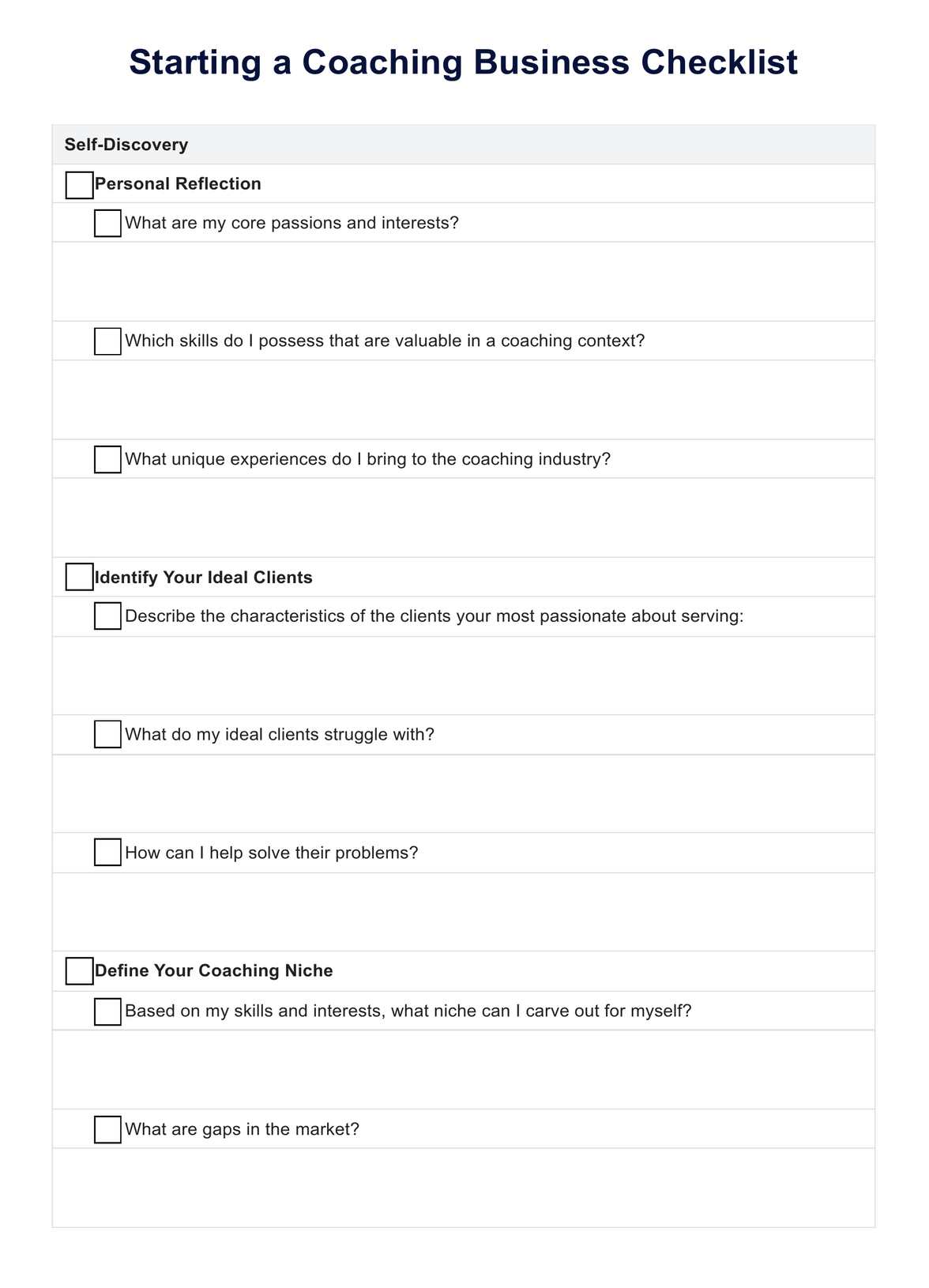
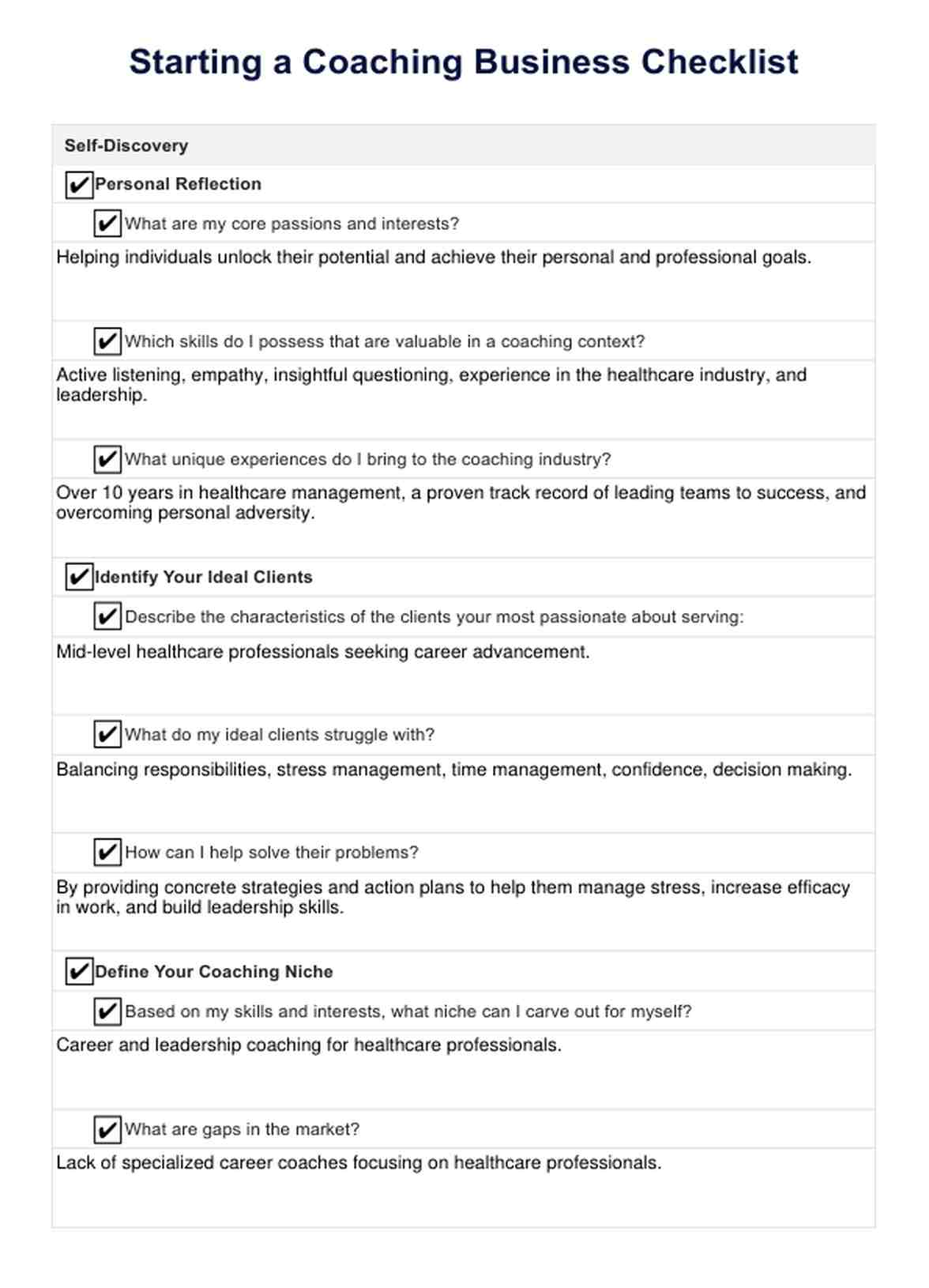



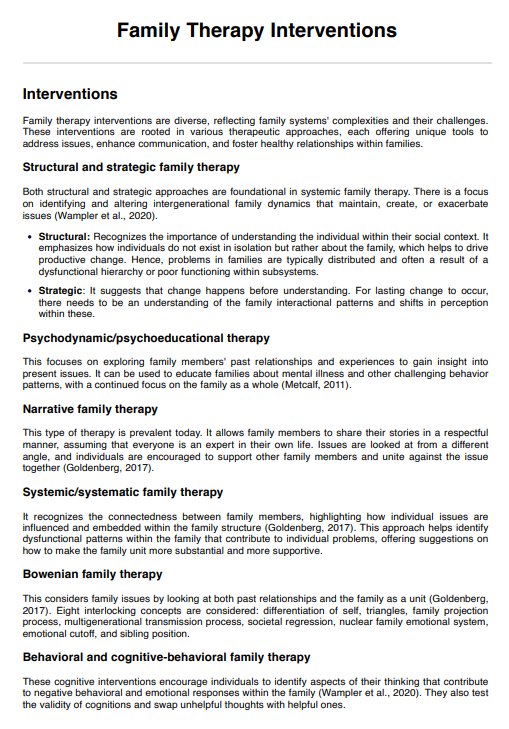

-template.jpg)

